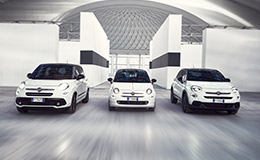A driven by
dreams story
Ready for a time travel in our history? Drag the cursor on the timeline, choose a date and discover the most iconic moments of the last 120 years of Fiat history.
1899
A group of businessmen and professionals from Turin join forces to realise a mutual dream: an Italian automobile factory that could offer “democratic mobility”. On 11th July 1899, in Turin, Fiat: Fabbrica Italiana Automobili Torino (Italian Automobile Company Turin) company was established. The same year, production officially began with the release of the first ever Fiat-branded car, the Fiat 3½ HP.
The Foundation
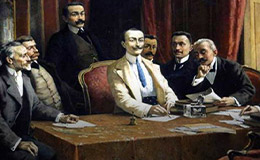
Fiat 3/2 HP
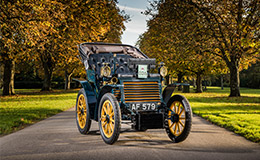
Fiat 3/2 HP
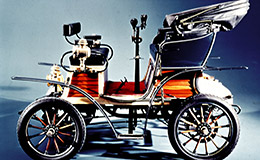
Fiat 3/2 HP
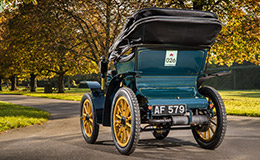
Fiat 3/2 HP
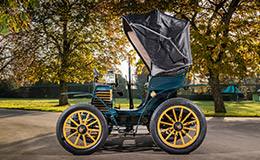
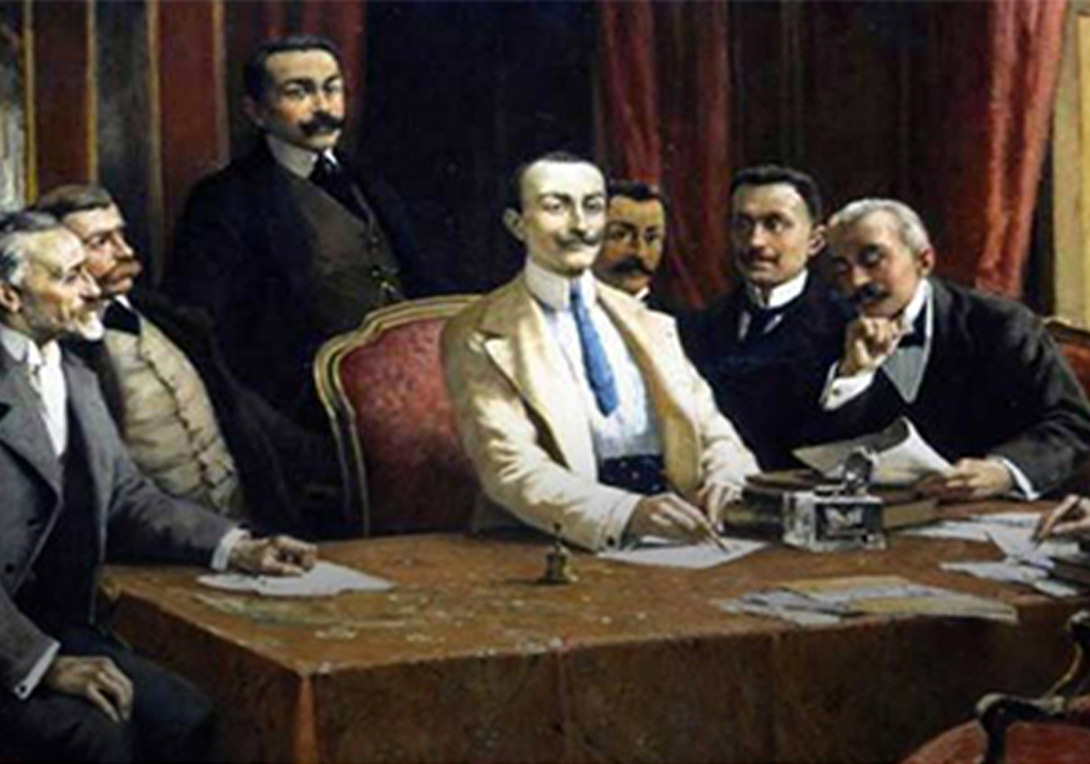
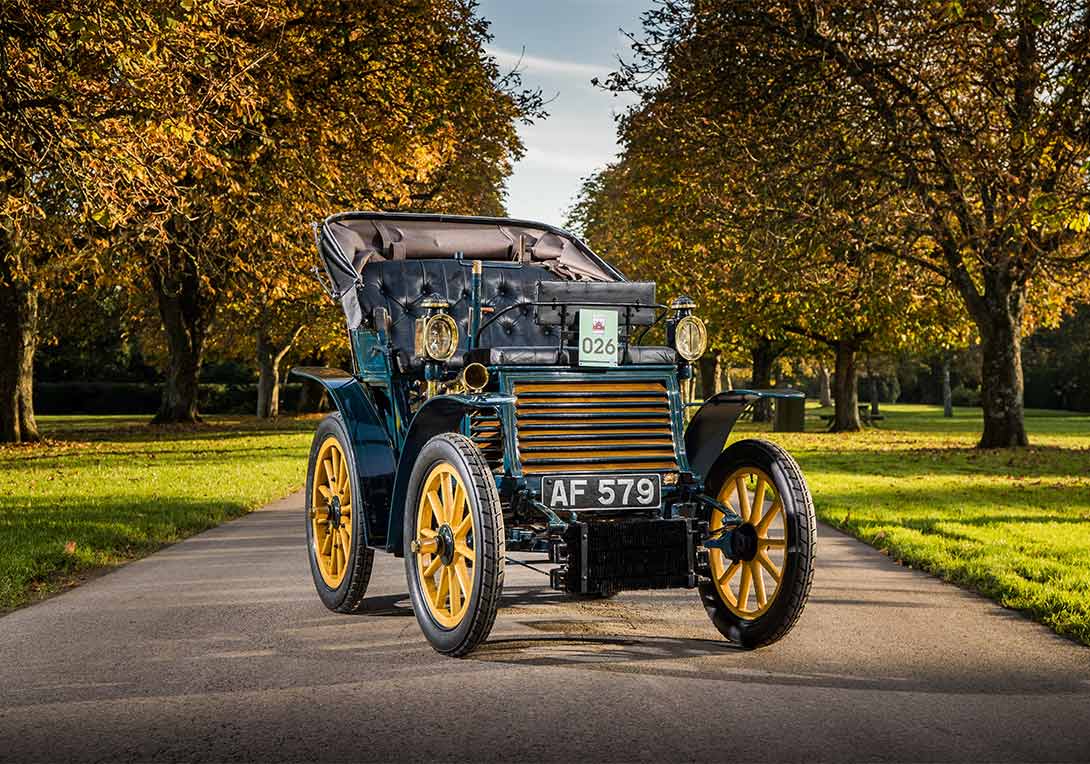
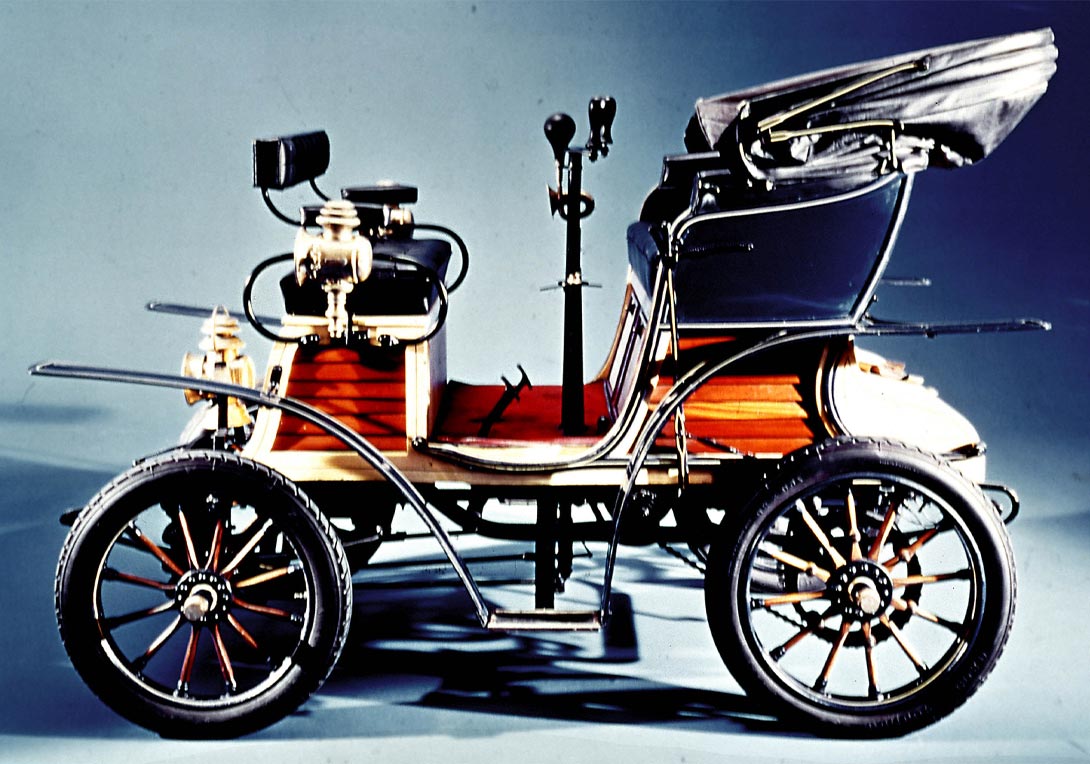
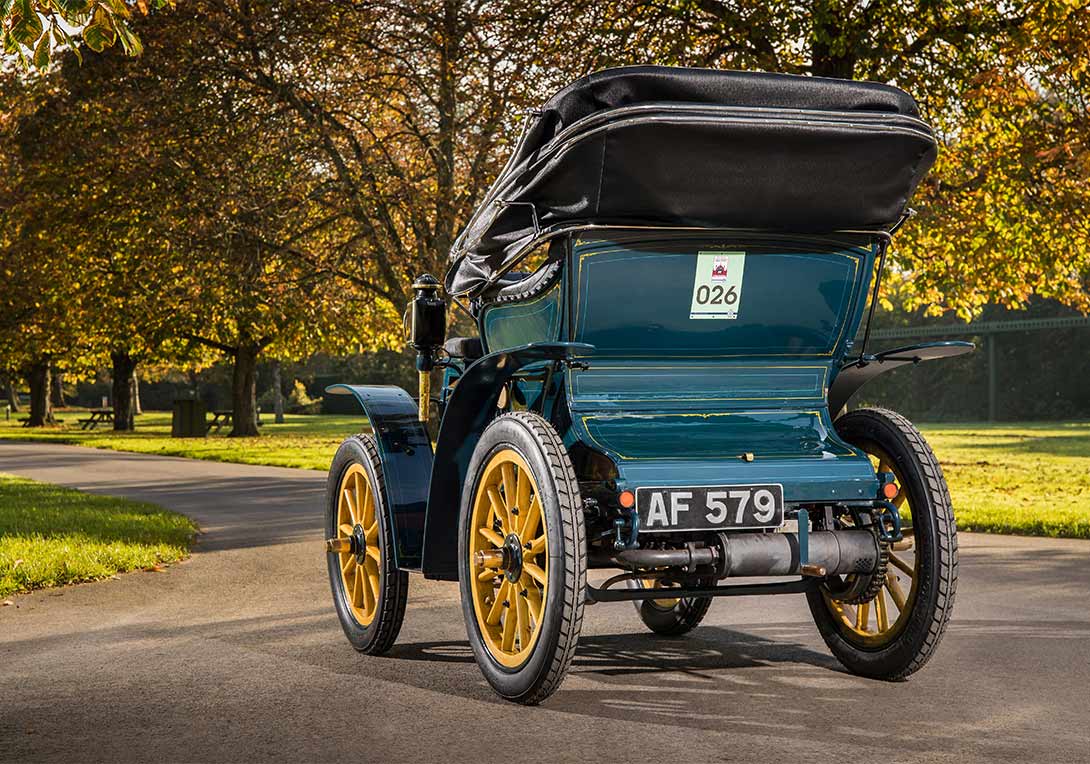
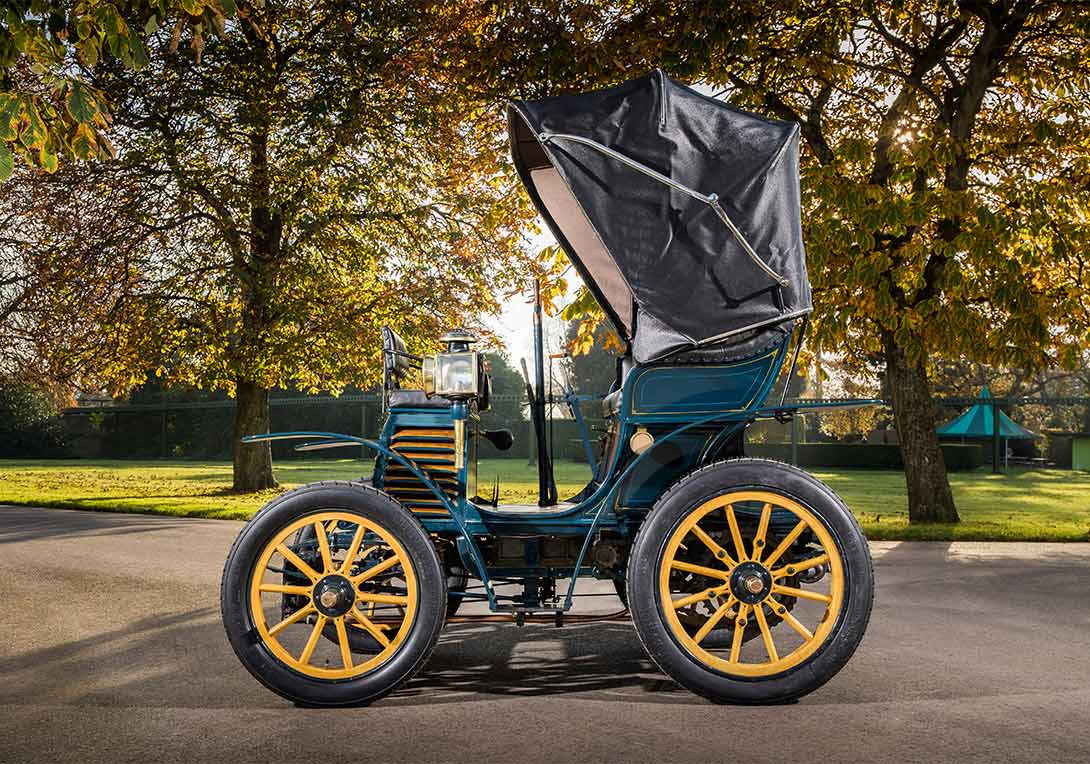
1903
In the year 1903, despite the semi-artisanal production line, the company’s results were good enough to push the share capital up to 800.000 Lira, a rather substantial figure for the time.
Together with the other executives, Agnelli, who had been appointed as CEO in 1902, decided to list the Turin-based manufacturing company on the stock exchange.
1910
In 1910, Fiat enhanced its offer with the launch of the Fiat “Tipo”.
The use of standardised components made it possible to rationalise costs and production, creating a car that was both reliable and accessible to all.
These features made the Fiat Tipo so successful that, over the years, updated versions of the car were regularly produced, from 1 to 6, in order of their engine capacity.
1911
Fiat’s 8 HP and 12 HP enter their first sporting competition. The company understood early on the importance of using motor racing as a benchmark for new technologies, before applying them to the production line. In 1911, the Fiat S61 won the Grand Prix of America, while in 1924, the speedy Fiat SB4 Eldridge was created.
8 HP
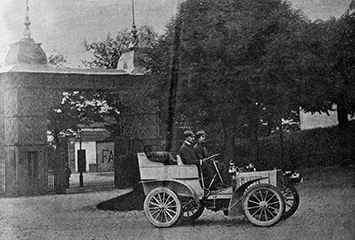
12 HP Corsa
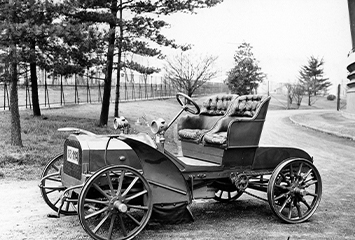
8 and 12 HP
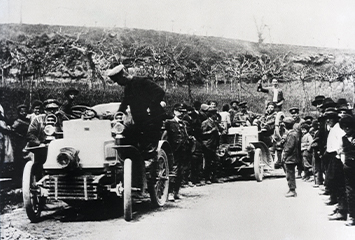
Ernest Eldridge
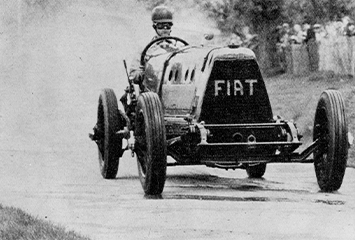
Felice Nazzaro
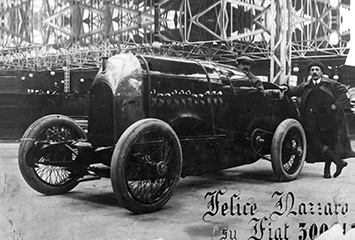
Len Gibbs
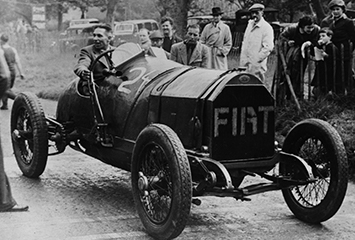
Mefistofele
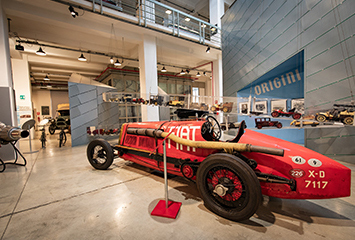
Mefistofele
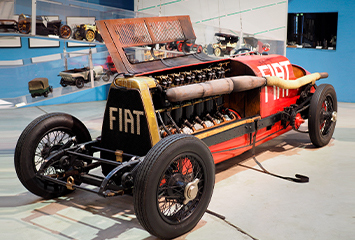
S61 at the Grand Prix
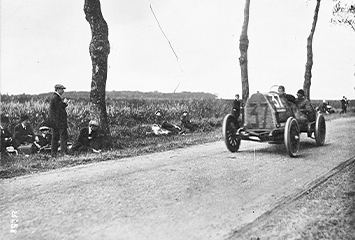
S76 record
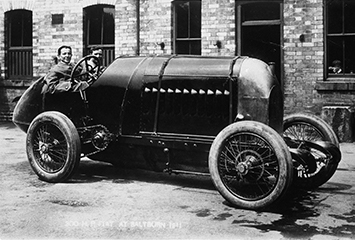
Teddy Tetzlaff
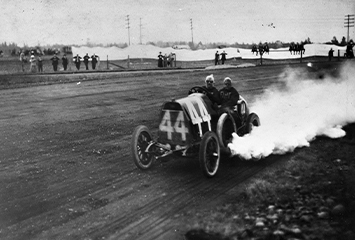
Felice Nazzaro
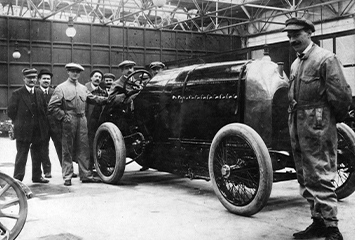












1912
The Fiat “Zero", also known as the Fiat 12/15 HP, was the forerunner of the utilitarian range of Fiat cars.
Under the eye-catching bodywork, designed with the help of a very young Pininfarina, the car had a very simple, robust and reliable mechanical structure, and was offered, in the Torpedo version, for just 8.000 Lira, a real record in convenience for the times.
Quality, style and accessibility are the reasons behind its success, which led Fiat to produce over 2.000 examples between 1912 and 1915 alone.
Fiat Tipo
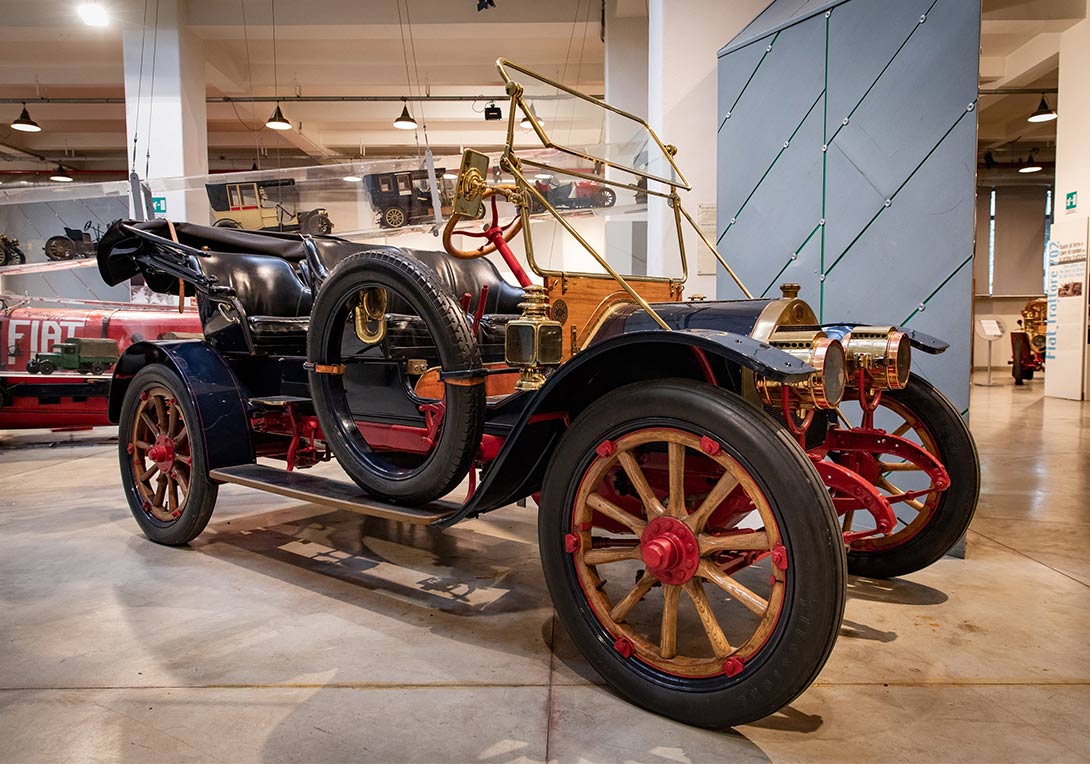
Fiat Tipo
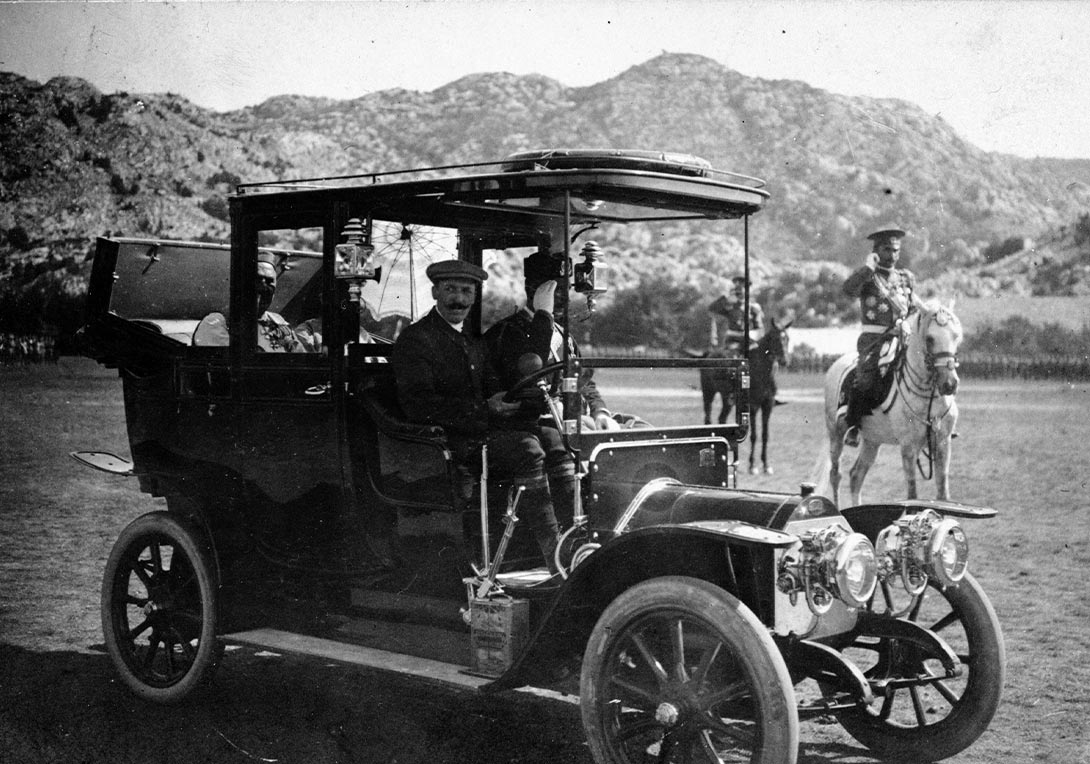
Zero
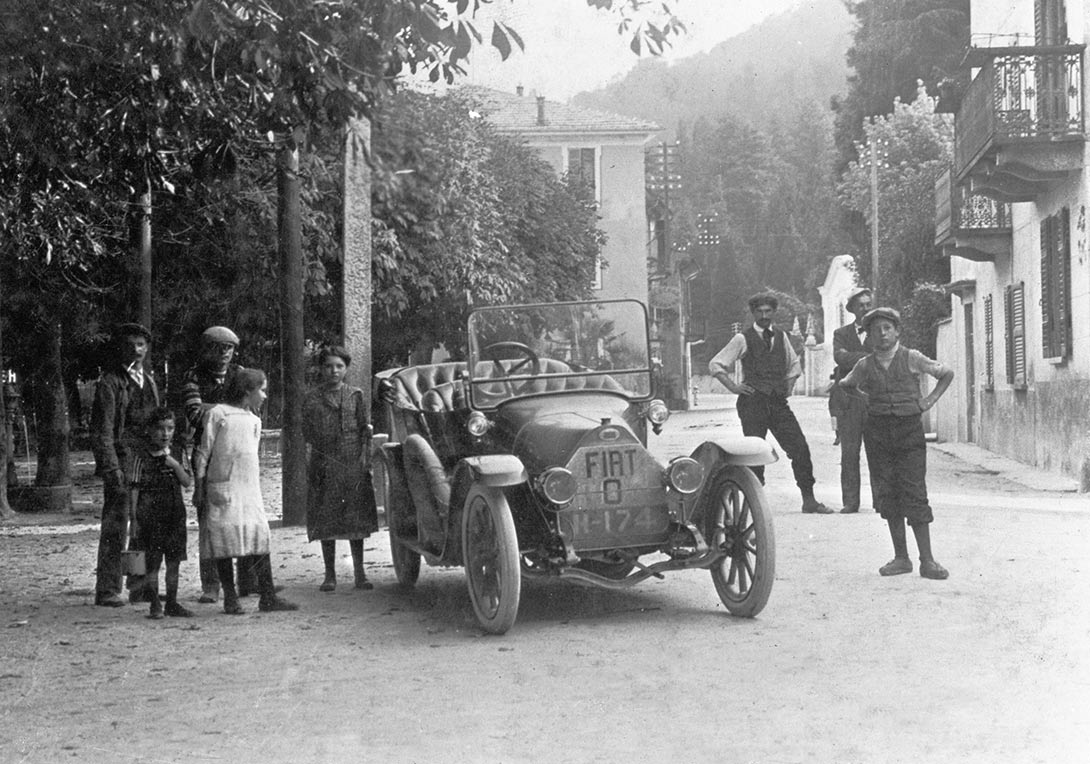
Zero
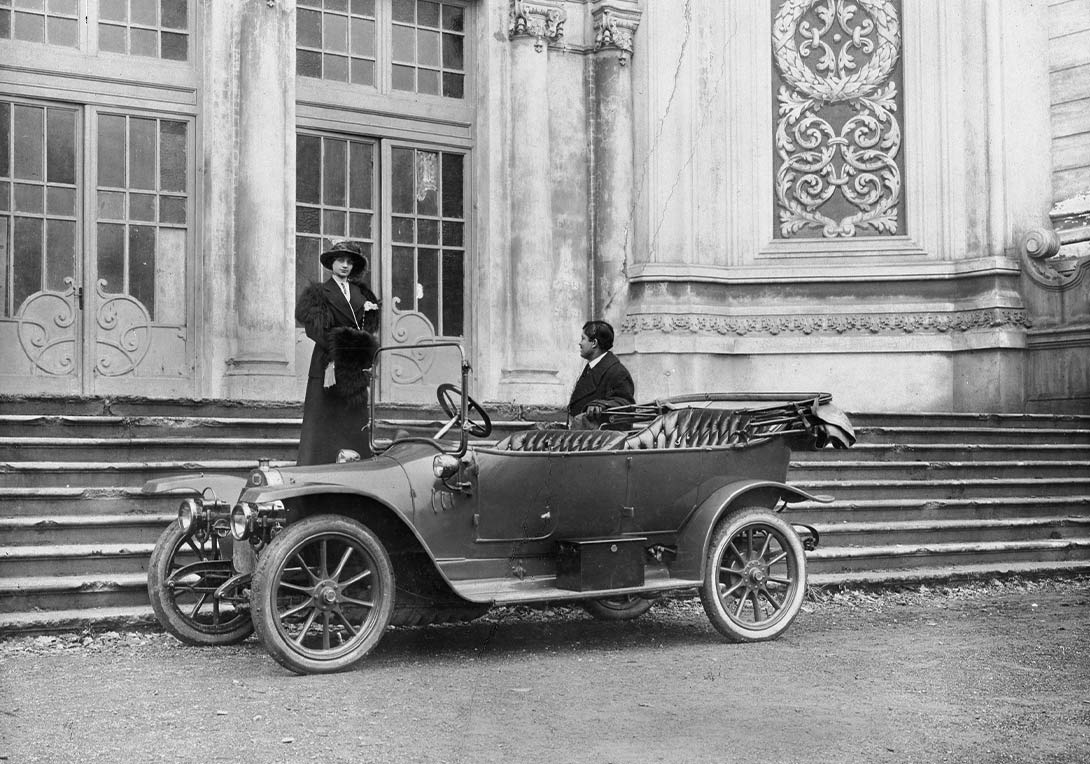
Zero
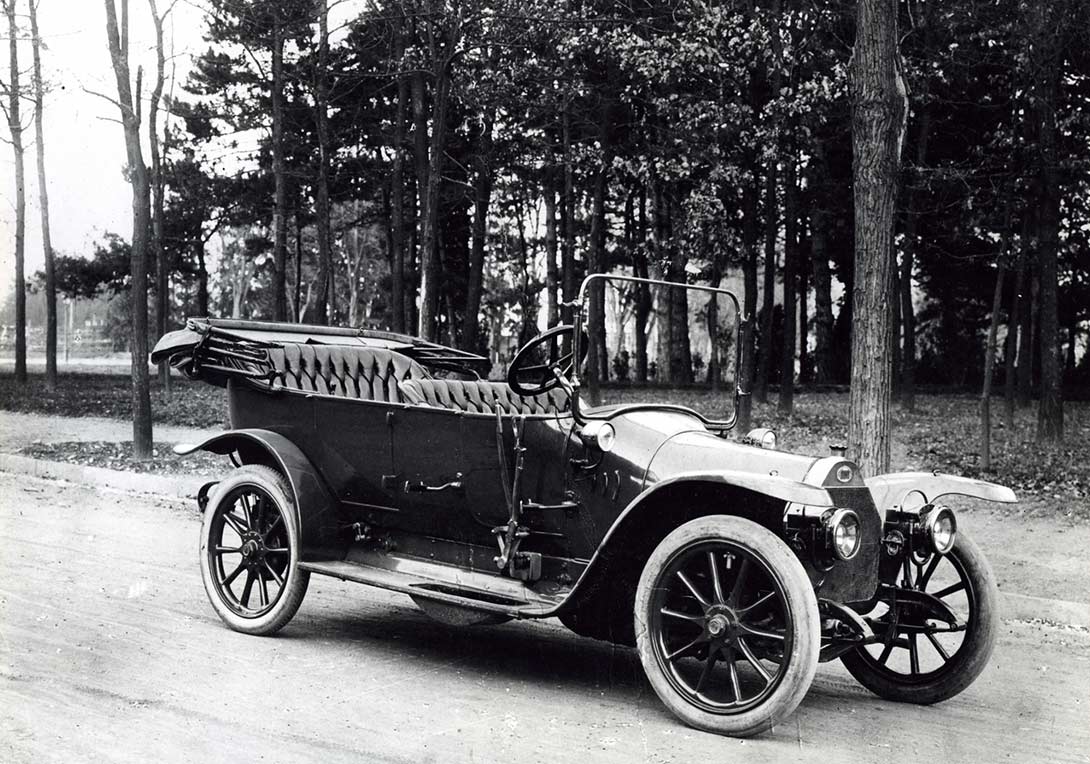





1916
The year that construction of the Lingotto factory began. Designed by Giacomo Mattè Trucco, it embodied Italy’s ambitious desire for innovation and industrialization and was one of the most important examples of European industrial architecture at the time. The factory was inaugurated on the 22nd of May, 1923, in the presence of King Victor Emmanuel III of Italy
500 Topolino
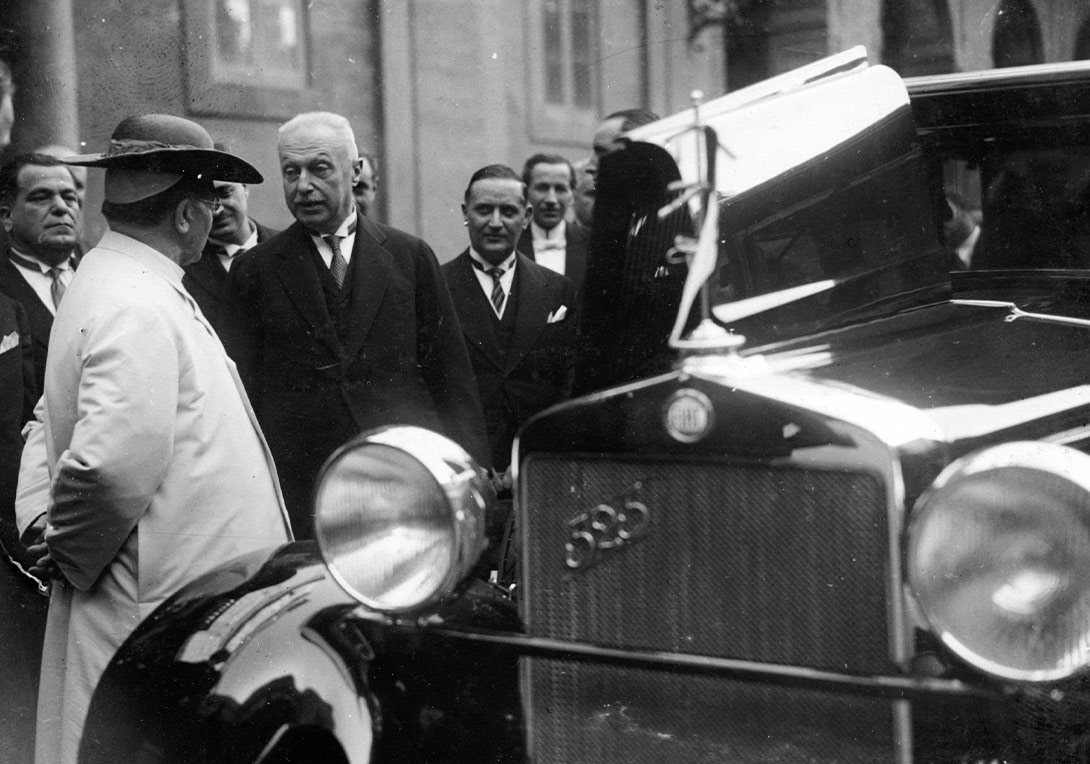
Lingotto
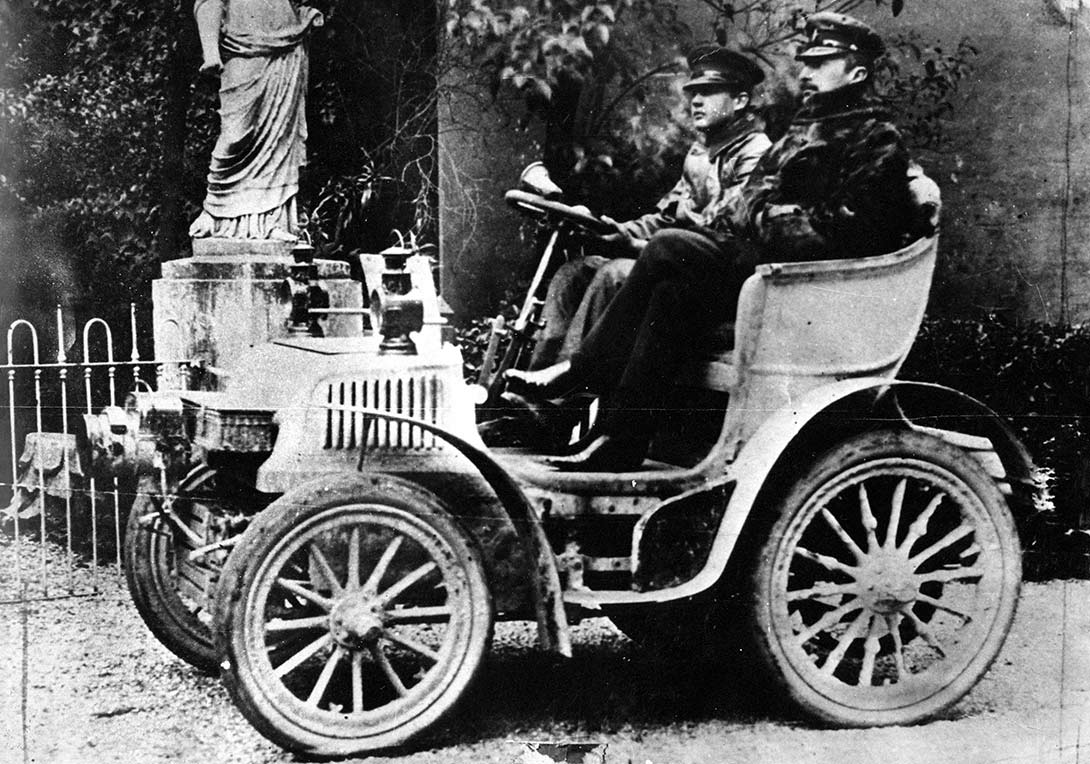
Pope Pio XI
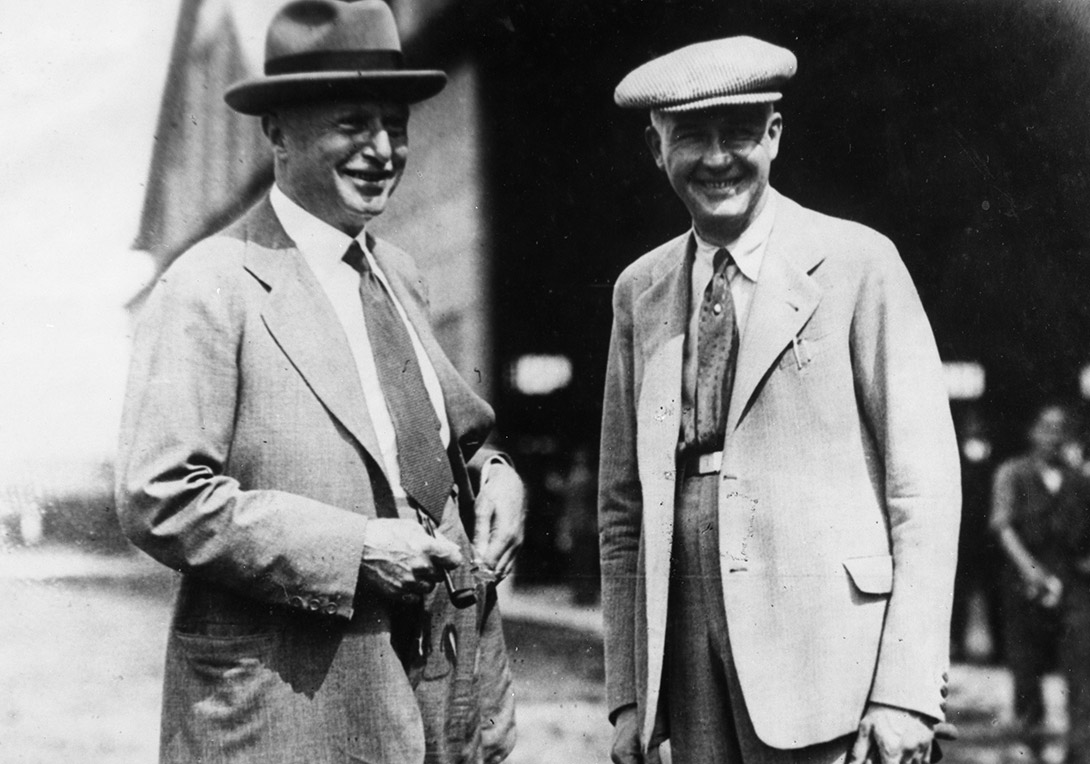
Agnelli
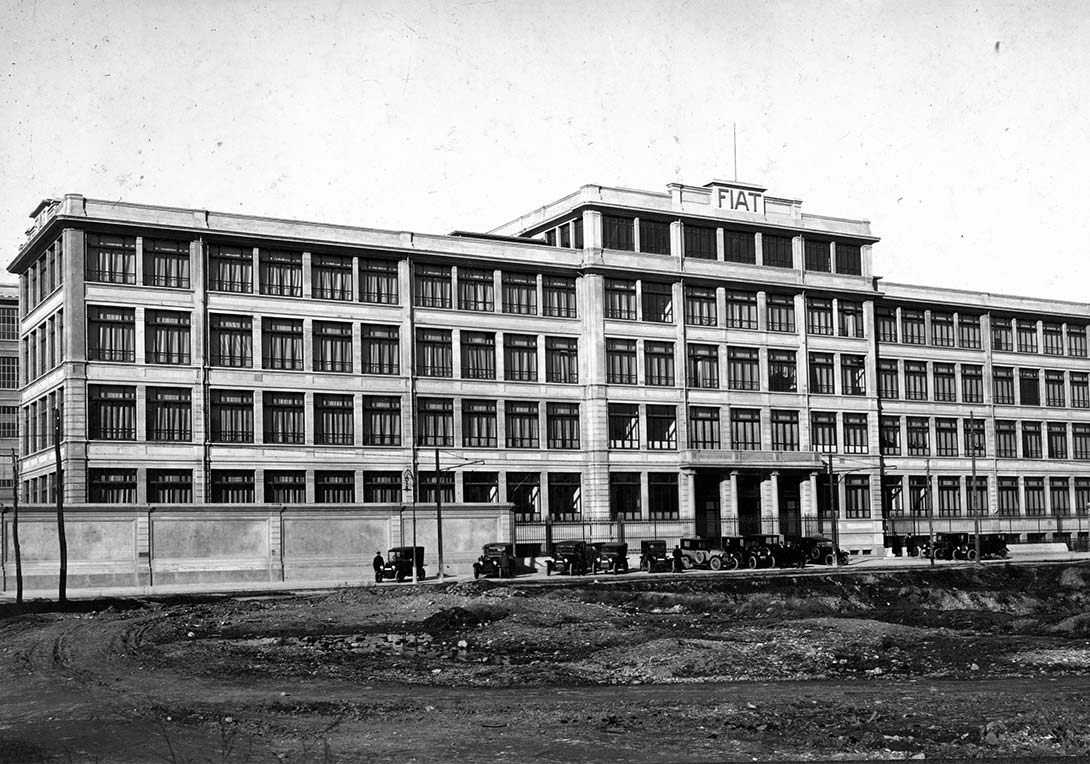
Edoardo Agnelli
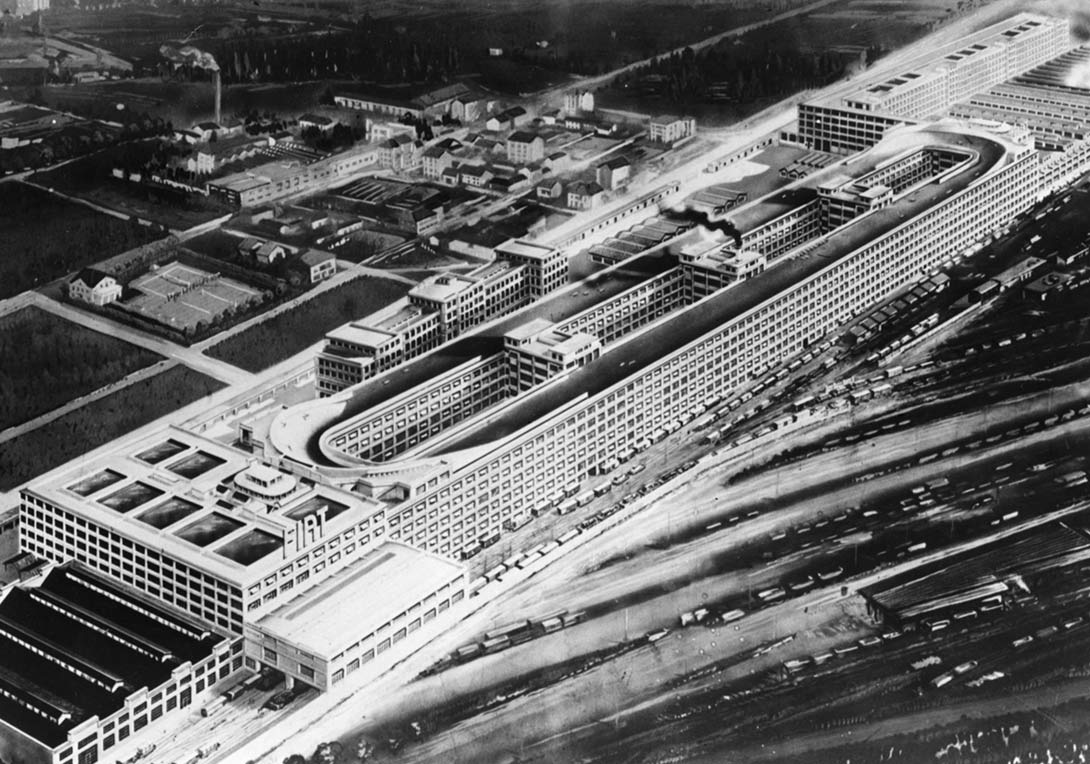
Felice Nazzaro
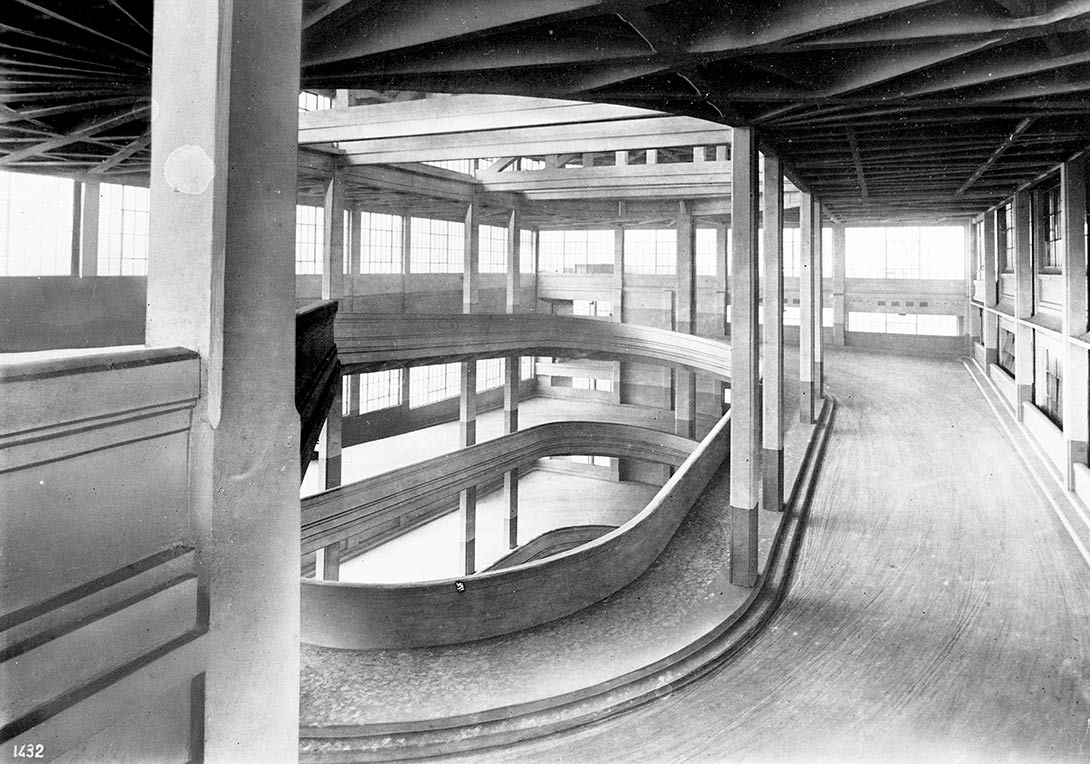
Giacomo Mattè Trucco
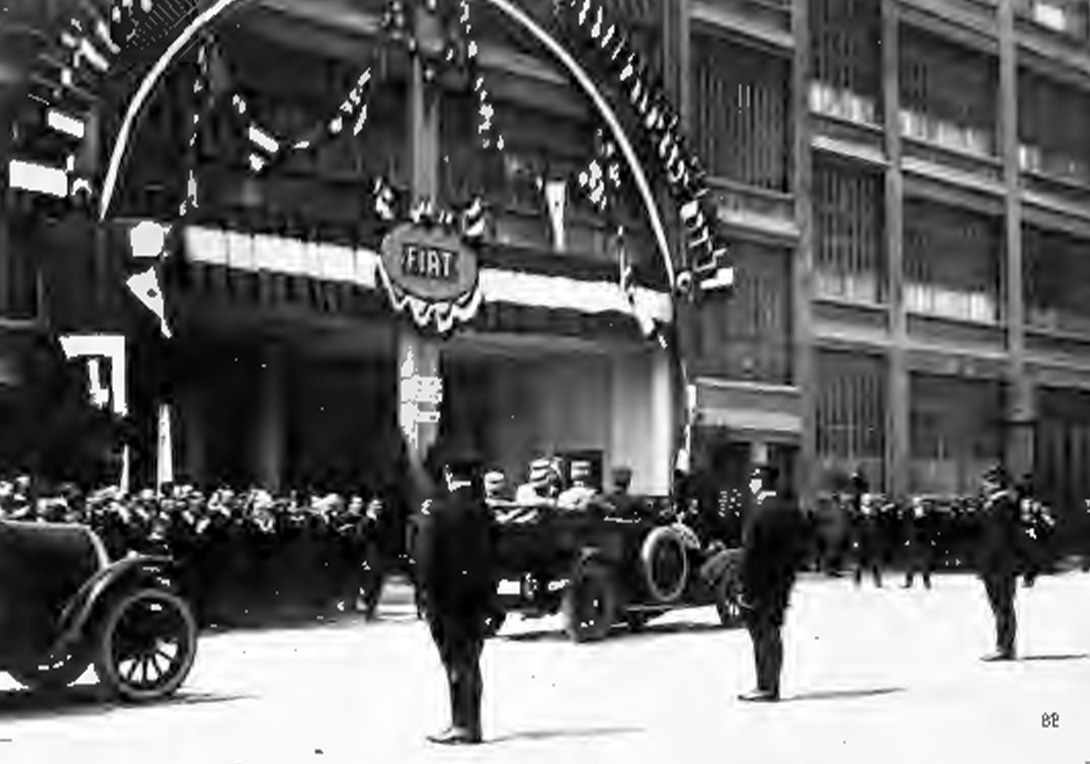







1932
Exhibited for the first time at the Milan Motor Show held in April, the Fiat 508 Balilla, a revolutionary vehicle for its time, was an immediate success. The first Balilla was a four-seater sedan, with a body made of wood and iron, which could travel up to 80km/h and only cost 10.800 Lira. It was one of the most popular cars in Italy, loved by the people and the press alike.
508 BALILLA SPORT
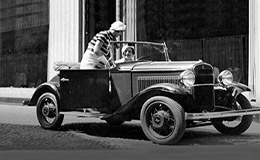
508 BALILLA SPORT
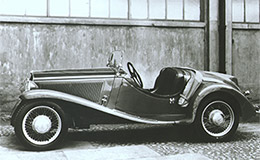
508 BALILLA 3-SPEED
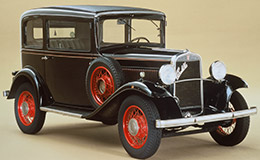



1936
In 1936, the Fiat 500 A Topolino (literally meaning, “little mouse” and the Italian name for Disney’s Mickey Mouse), was born. At the time, it was the smallest mass-produced car in the world. Considered a forefather of the economy-cars sector, it was produced to respond to the economic crisis, which hit Italy right after the start of World War II. It was appropriately named “Topolino”, due to its small size and shape.
Fiat 500 A Topolino
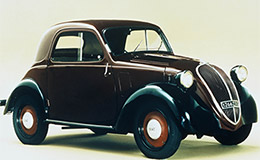
Fiat 500 A Topolino
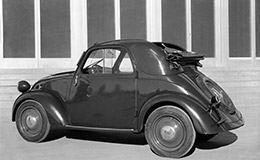
Fiat 500 A Topolino
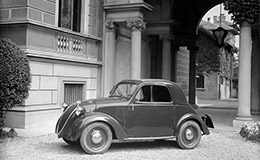
Fiat 500 A Topolino
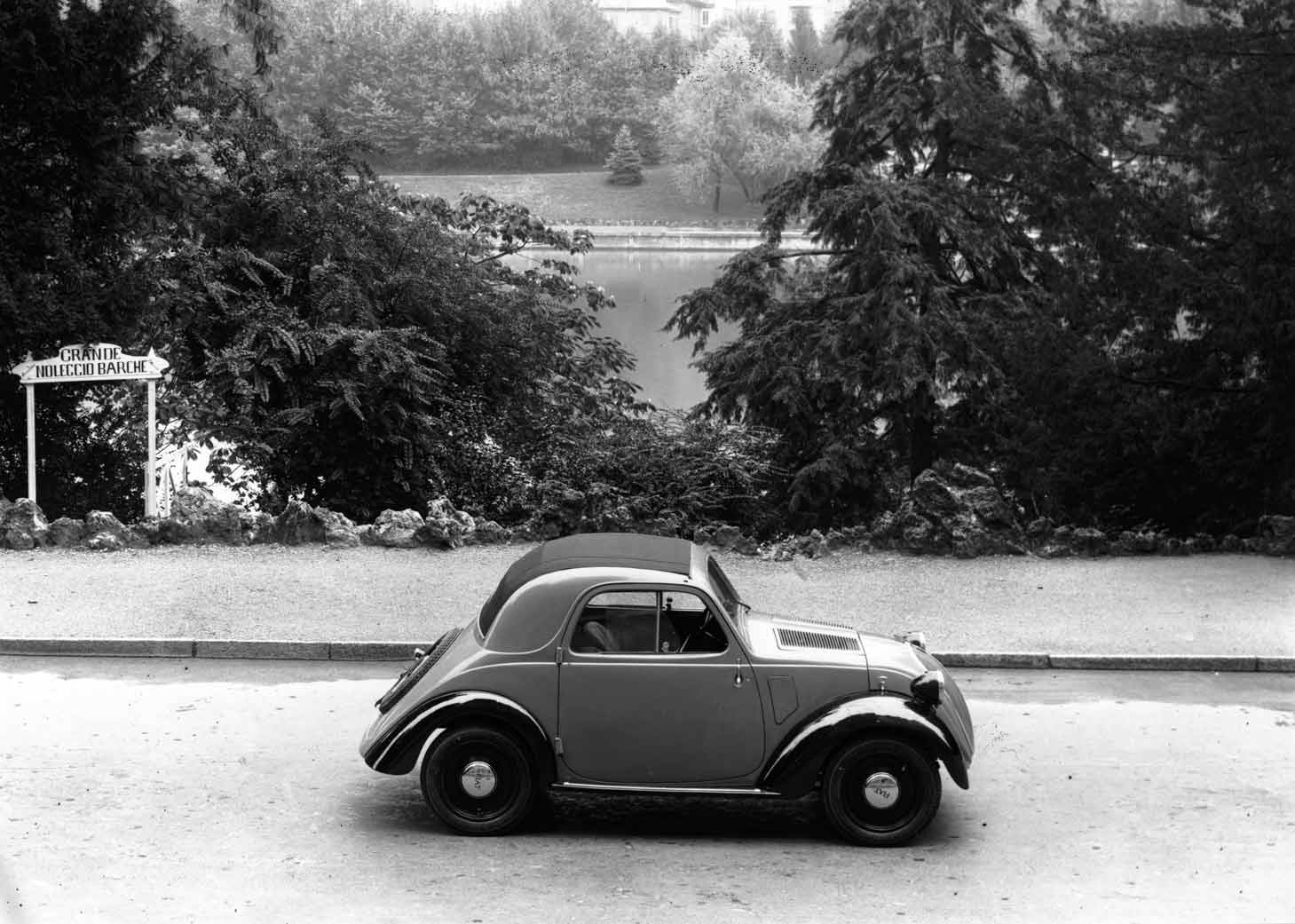
Fiat 500 A Topolino
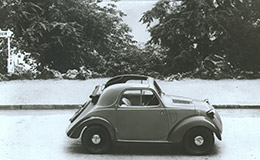
Fiat 500 A Topolino
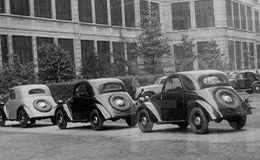






1939
Mirafiori is not only Fiat’s industrial headquarters in Turin, it is also the oldest factory in Europe to still be in production. It was opened on May 15th 1939, to increase the production of smaller-capacity-engine models that could offer mobility to everyone at an affordable price. With the end of the Second World War, the factory’s automotive production really stepped up with the launch of the second series of the 500 A and the relocation of the Fiat 1100 production lines.
500 Topolino
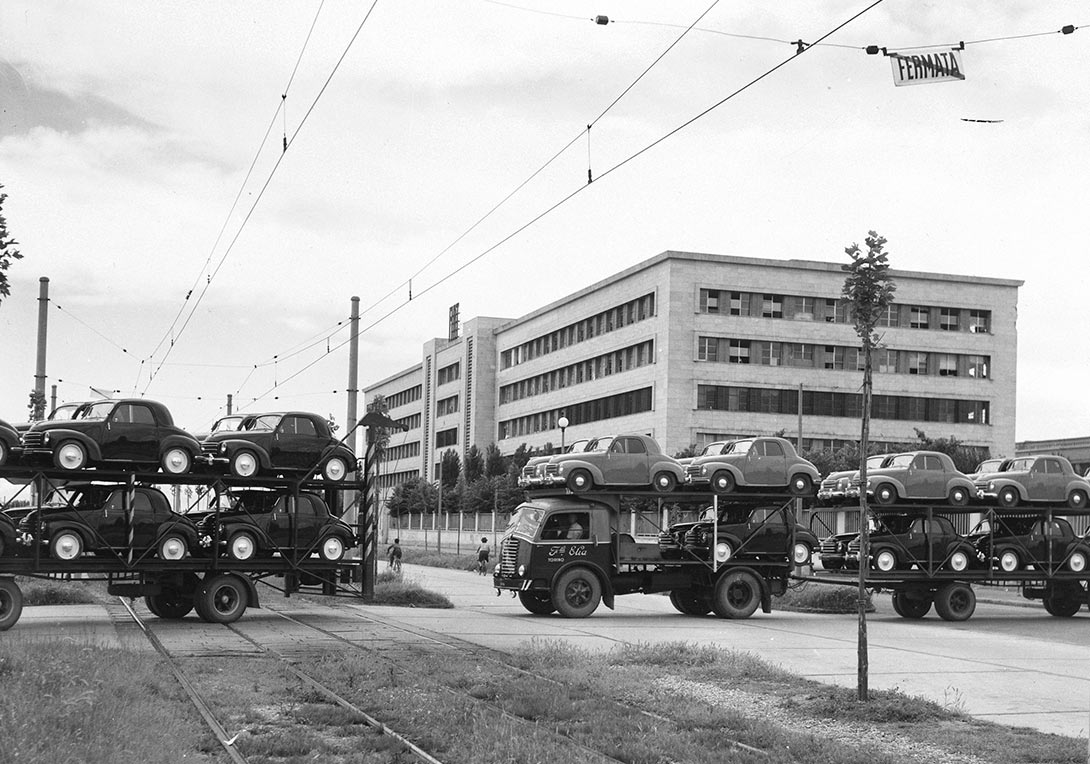
The construction
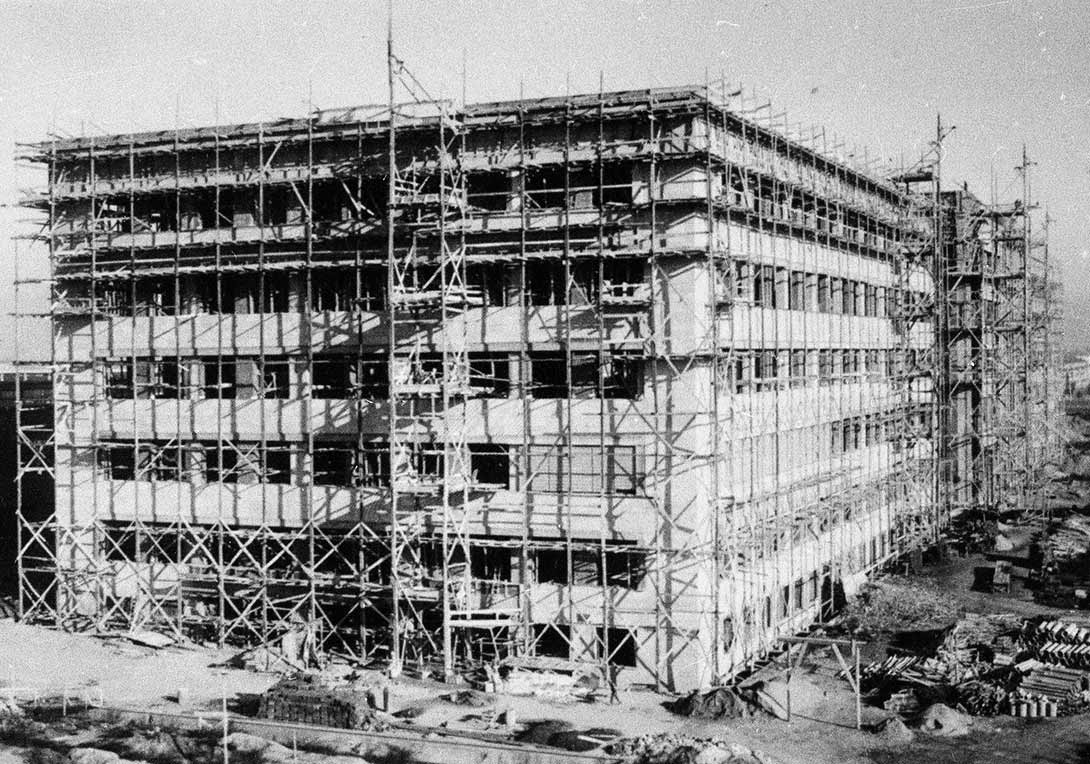
500 Topolino
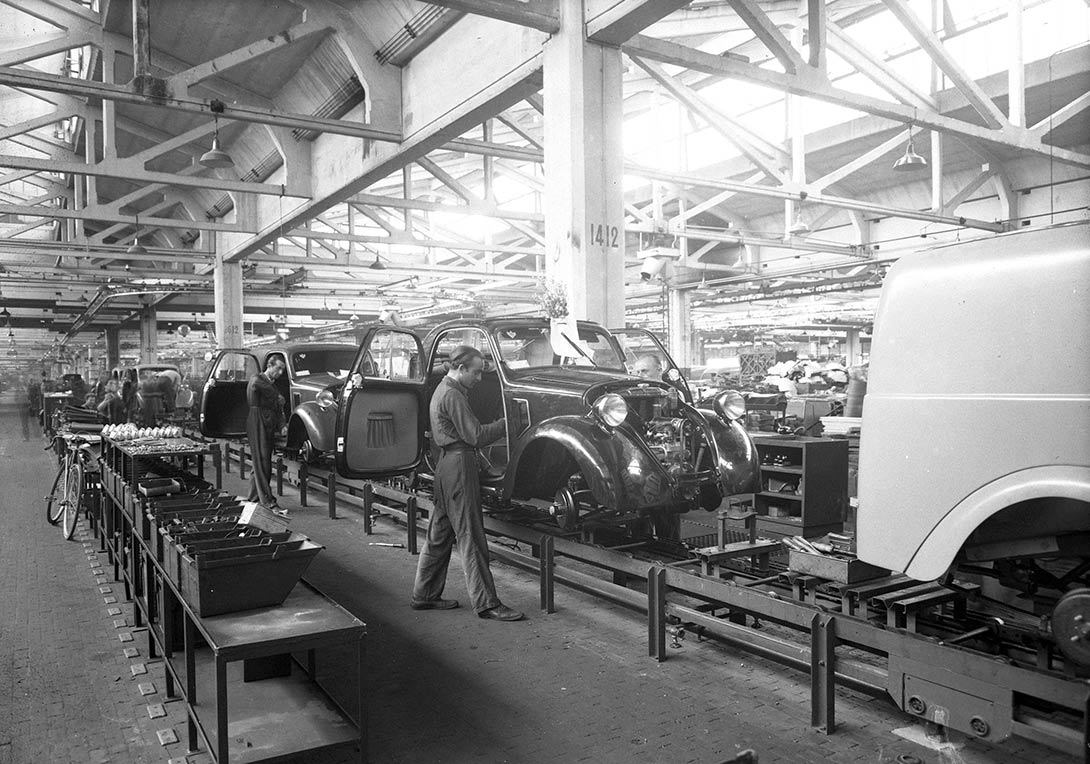
Mirafiori
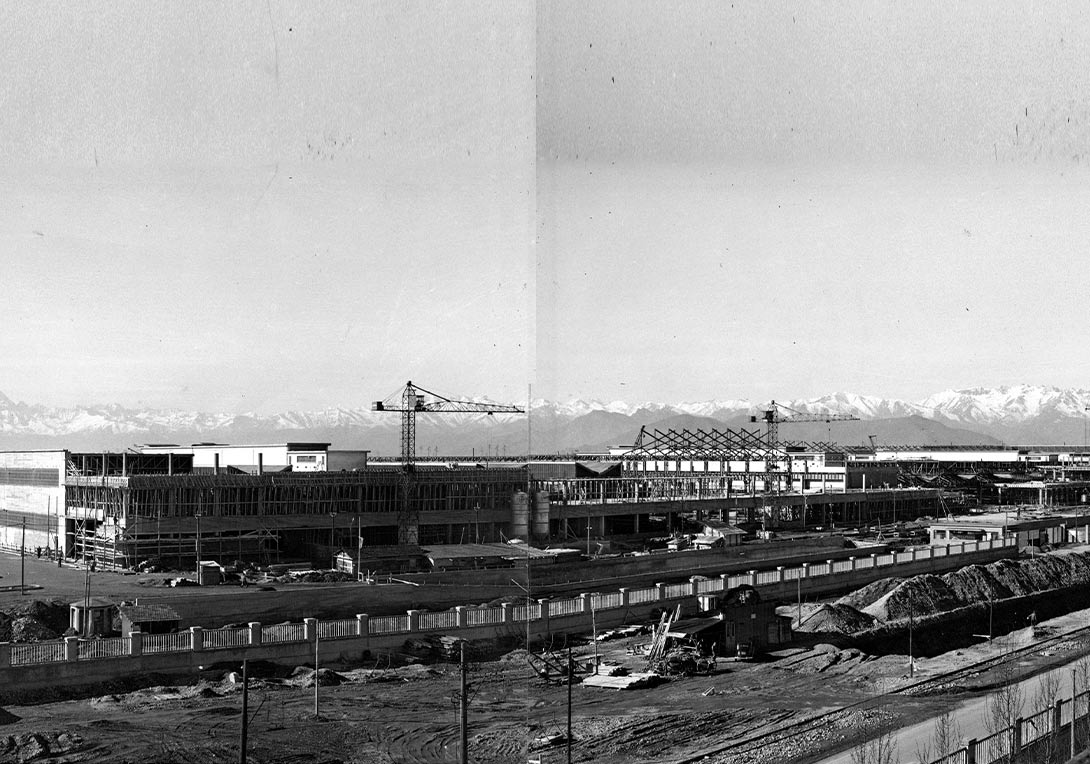
Opening
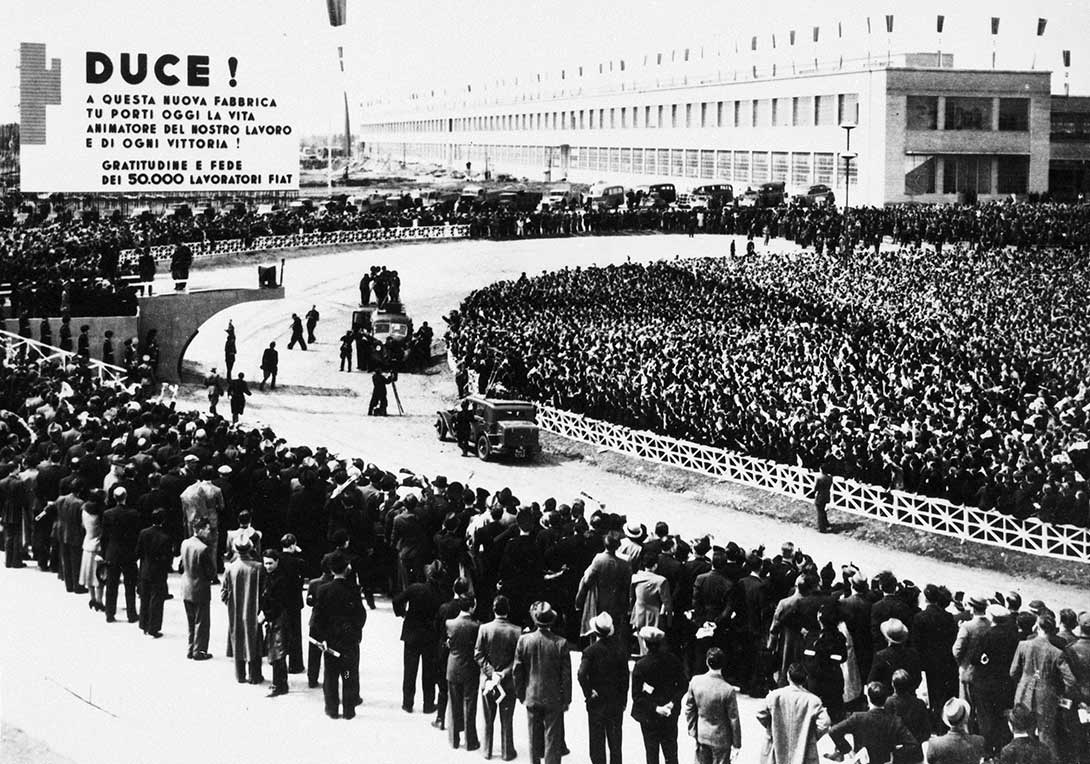
Mirafiori
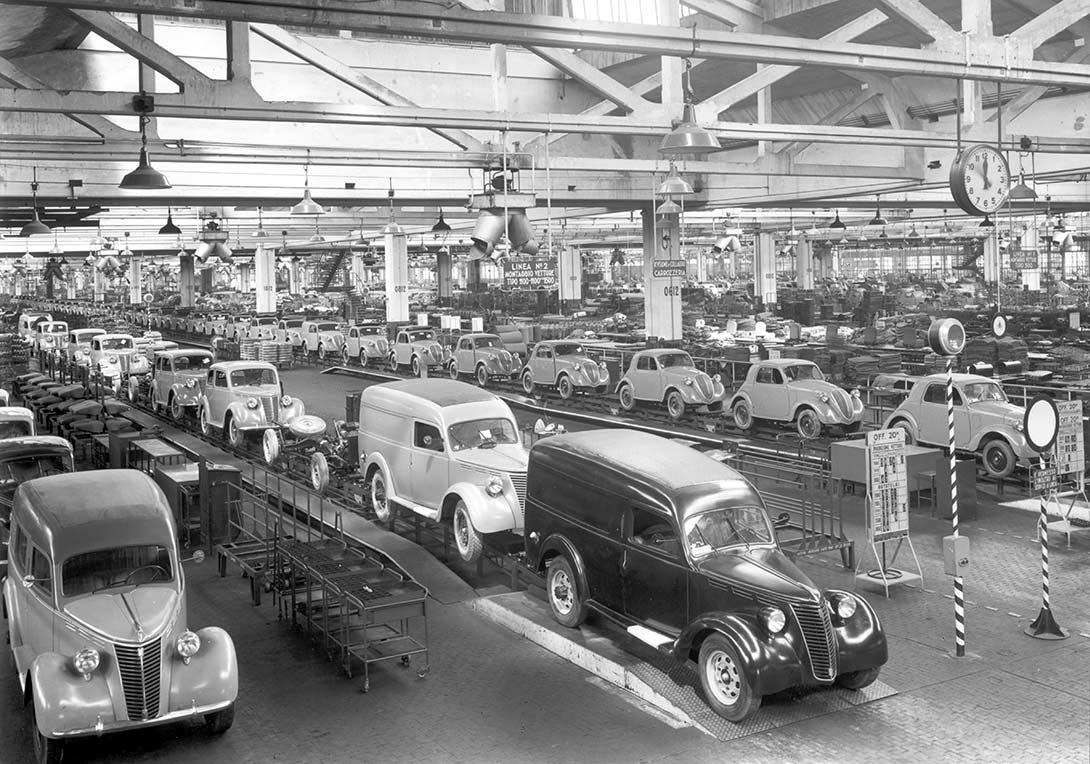


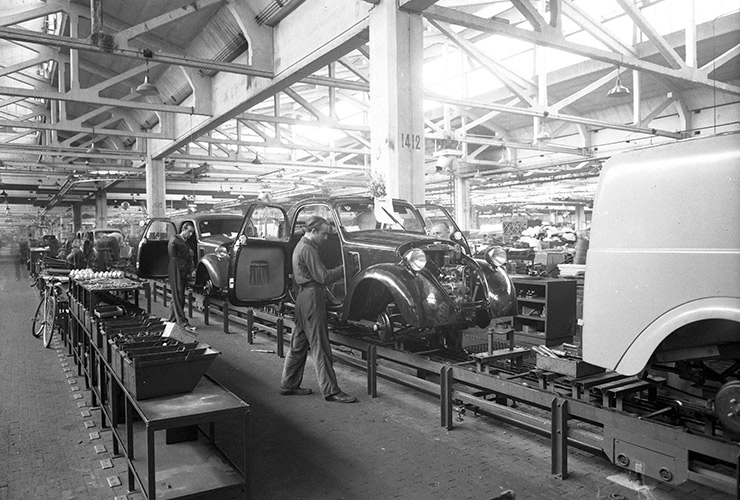



1947
The Fiat 1100 S was a rare jewel, with only a few hundred units produced. The investments made in this sporty saloon, with it’s sophisticated mechanical workings, were not slow in paying off. At the 1000 Miglia of 1947, four 1000 S “Berlinetta’s” all finished within the first ten places, in order; fifth, sixth, seventh and ninth place. Yet the racing successes were not the only thing to leave their mark, the unmistakable snout line made the car famous all over the world.
Pininfarina
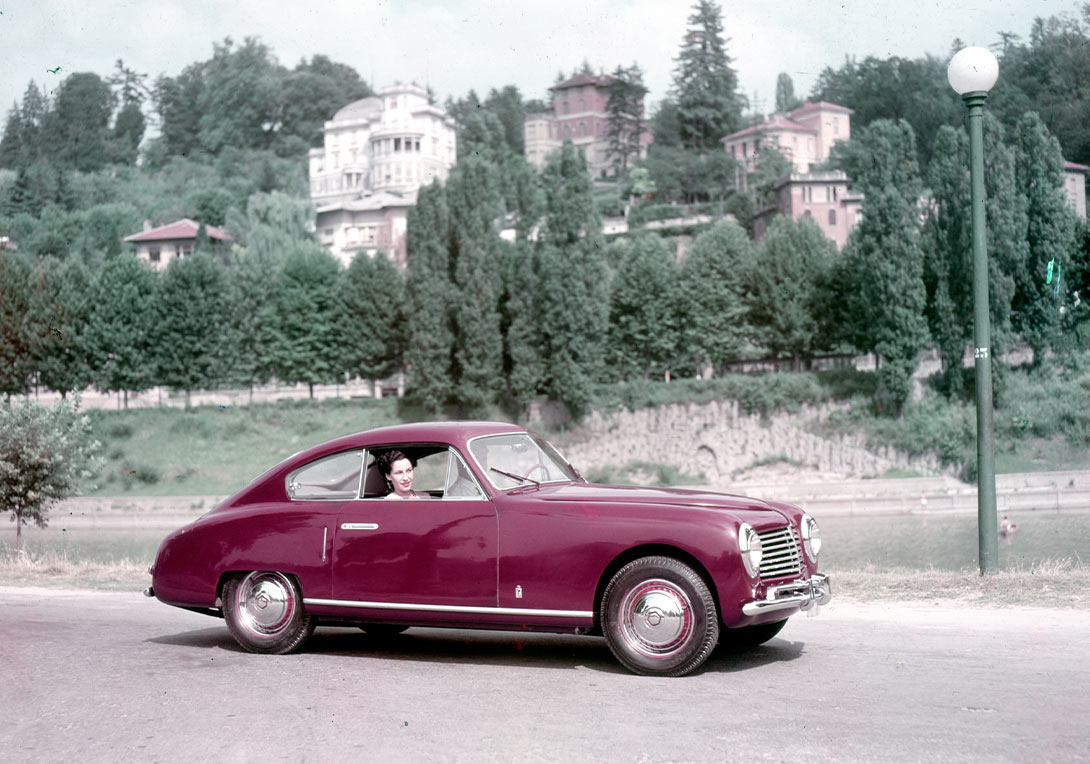
1100S
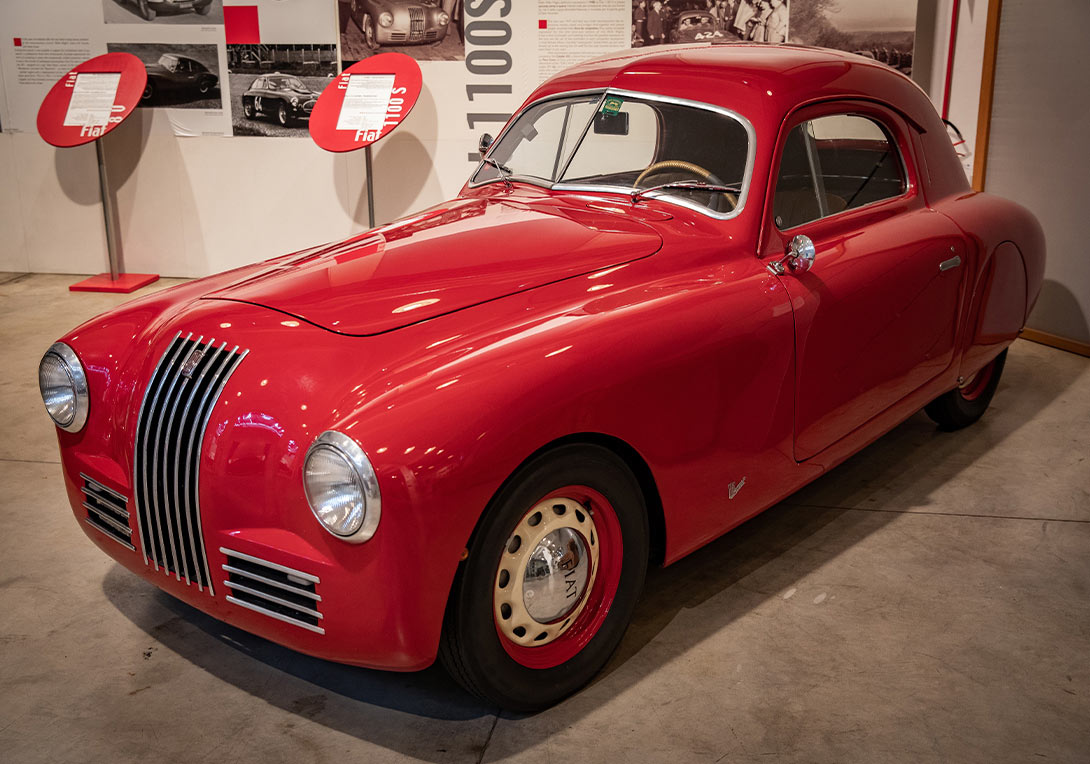
1100S
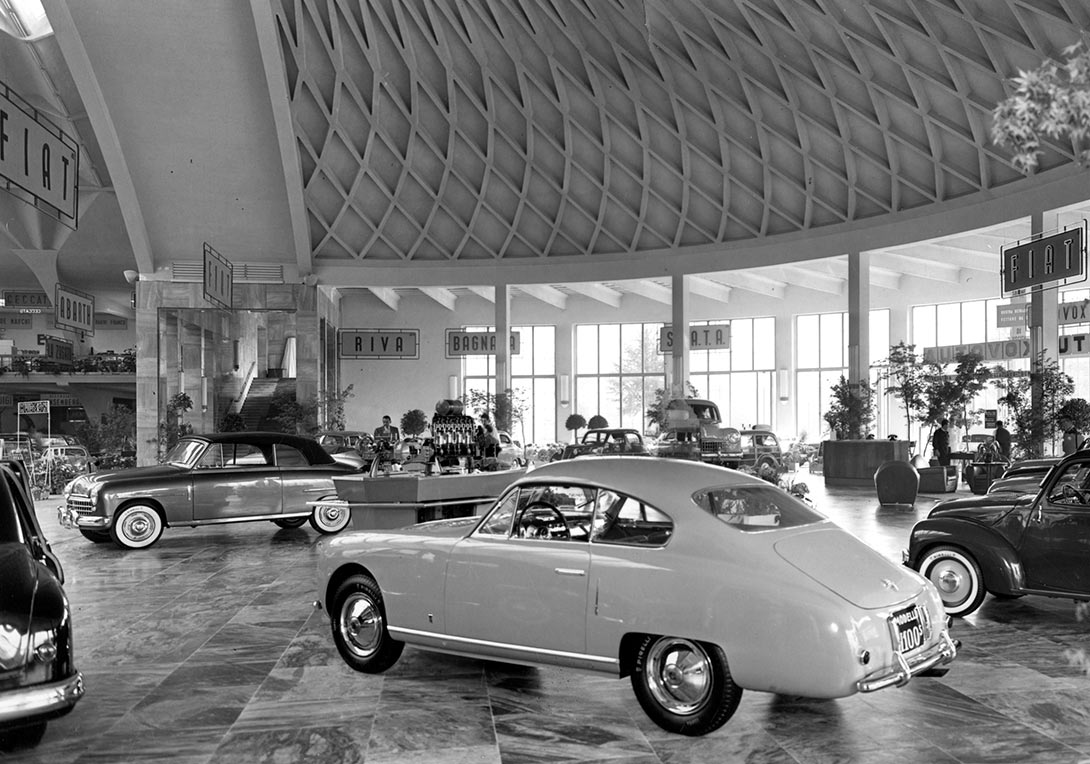
1100S
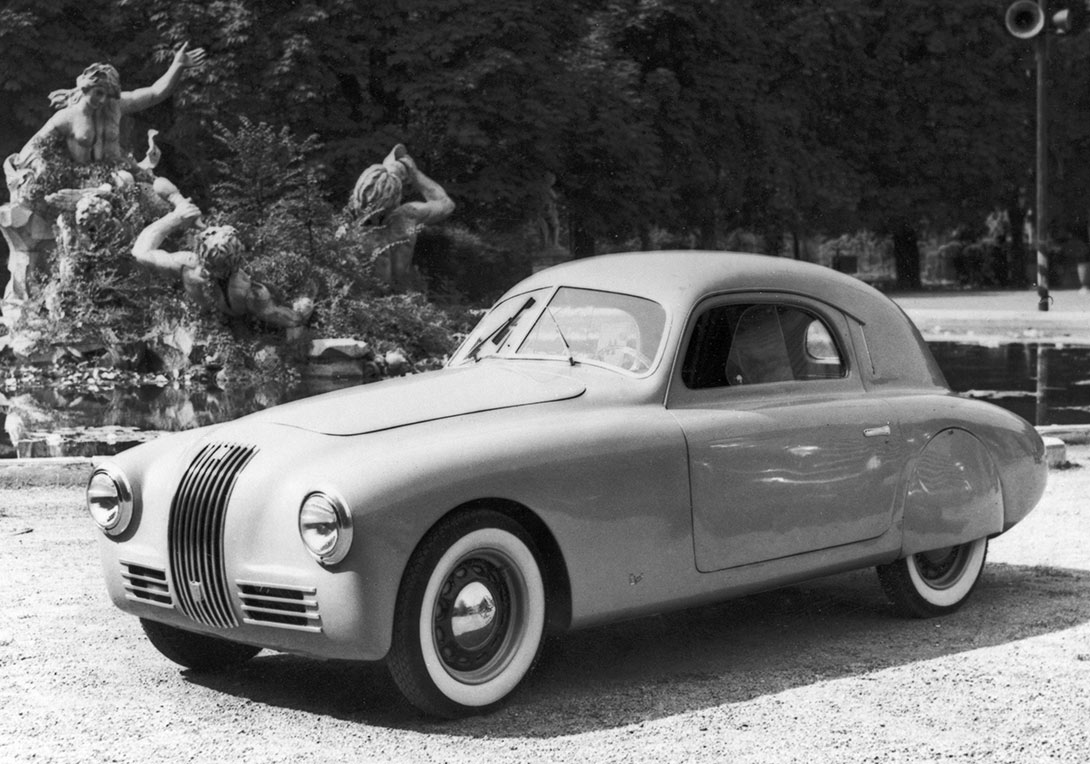




1948
In 1948, the company introduced the 500 B "Giardiniera", one of the first station wagons ever built on a large scale. It featured unique and luxurious side strips made of ash and Masonite. The term "Giardiniera" was inspired by the name of the carts that gardeners used to use to carry their goods. Although it had only been in production for just over a year, over 21,000 models had already been produced.
Giardiniera
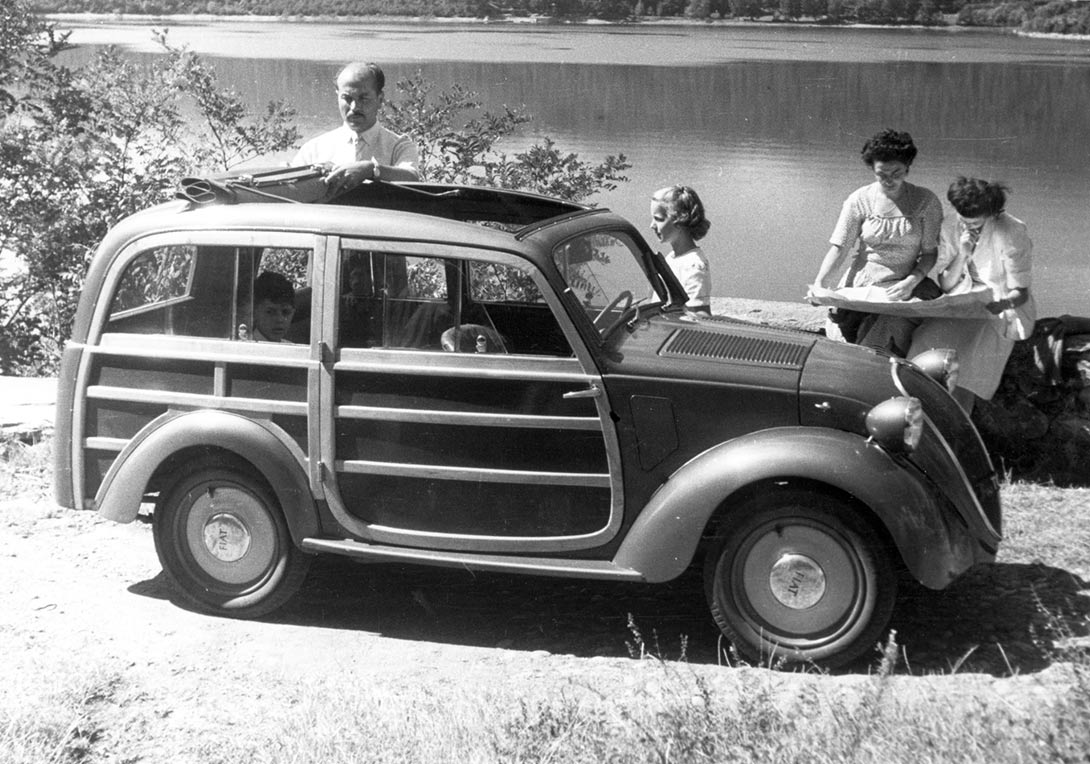
Giardiniera
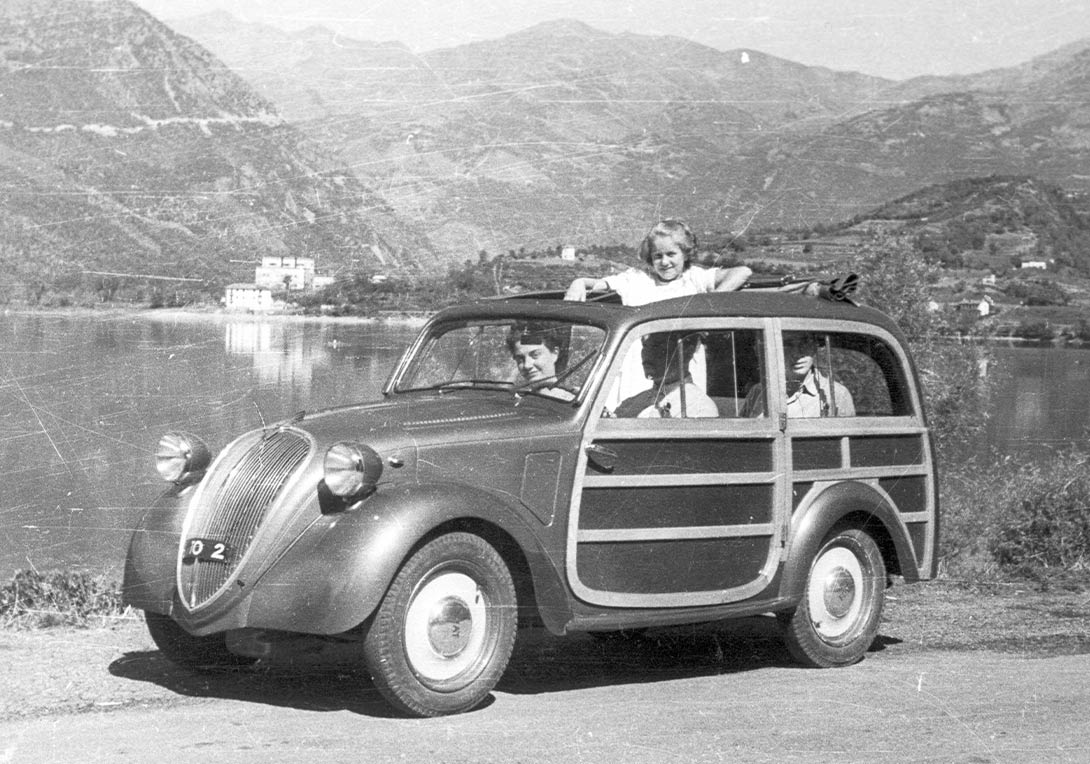


1951
The Fiat Campagnola, used in a purely agricultural context, was a large-scale production line that started in 1951. Equipped with a steel frame with longitudinal and transverse parts, it was an innovative car for its time and wrote one of the most important pages in post-war motoring history, crossing Africa from South to North in 11 days and 4 hours.
CAMPAGNOLA "ALGER - LE CAP" RAID
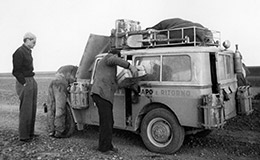
CAMPAGNOLA "ALGER - LE CAP"
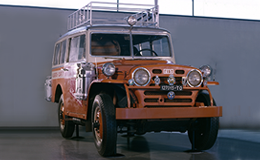


1952
In 1952, the image of the new Fiat 8V was revived with a sportier appeal. Featuring independent suspension and fiberglass bodywork, the car had an all-Italian soul. The Fiat 8V featured a unique and elegant design and was created with the technical input of iconic figures, such as Ghia, Bertone, Zagato, Vignale and Farina. The car also gave a nod to America due to its eight-cylinder, V-shaped architecture.
Fiat 8V
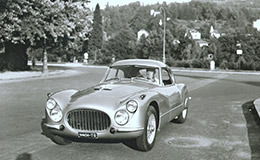
Fiat 8V
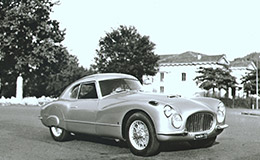
Fiat 8V
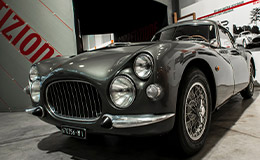
Fiat 8V
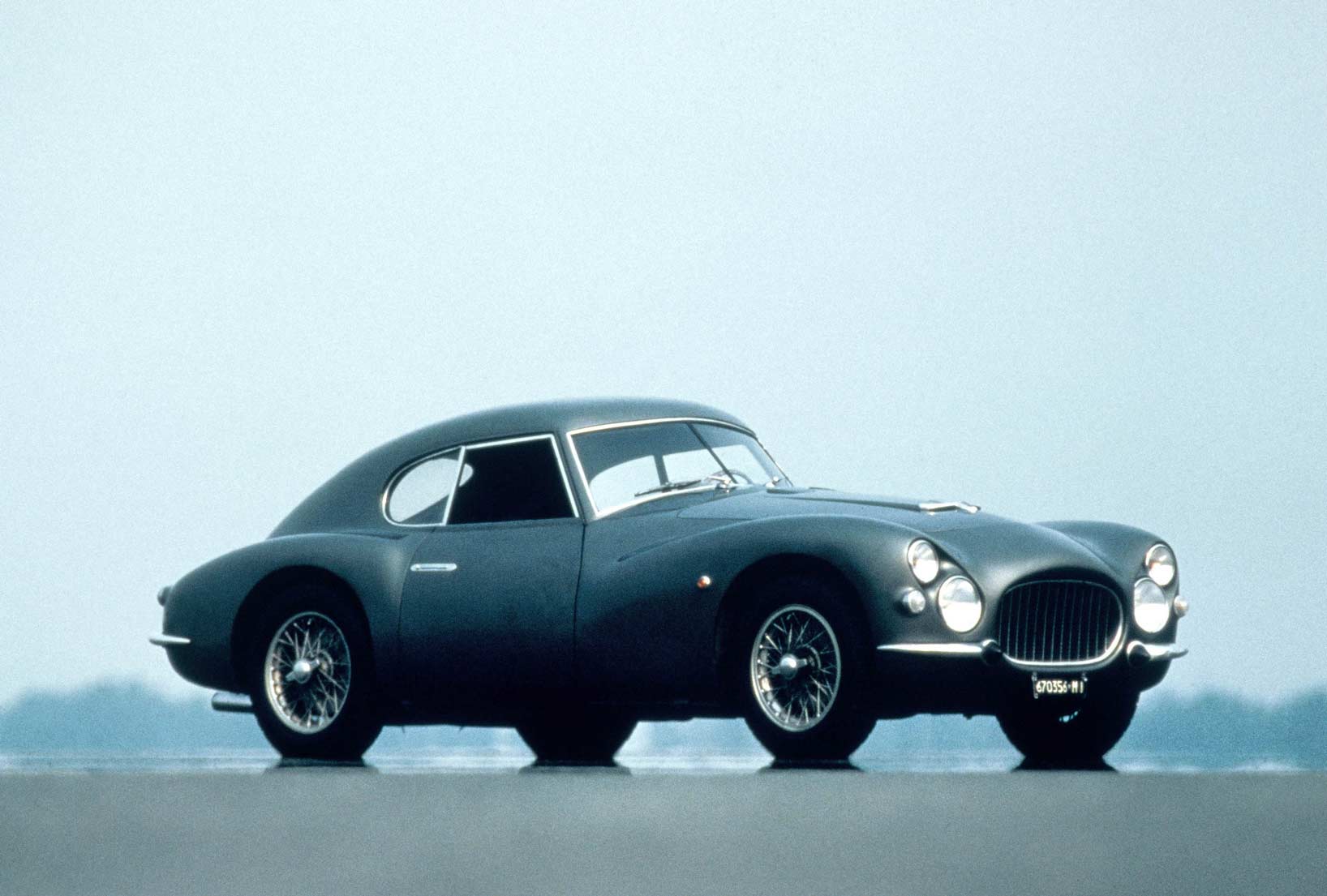




1953
A brand-new new car is born. Released to the market in in 1953, the 1100/103 Type A and Type B models were characterised by their modern 4-door construction, three-box design and load-bearing body. That very same year, the Fiat 1100 E completed its first single-driver world tour.
Fiat 1100/103
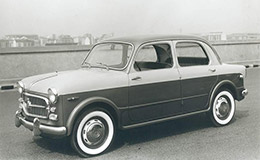
Fiat 1100/103
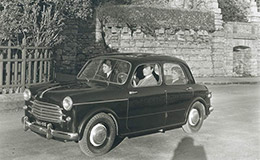


1955
An American-style 2-door, 2-seater Spider, also created to satisfy the needs of private competition entrants, the Fiat 1100 TV Trasformabile was launched in 1955 to ensure excellent performance, speed and precision would greet it’s handlers. The 571 produced units were all equipped with an enhanced engine and independent suspension at the front with a stabiliser bar.
Fiat 1100 TV Trasformabile
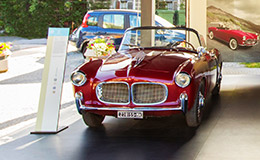
Fiat 1100 TV Trasformabile
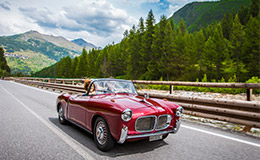
Fiat 1100 TV Trasformabile
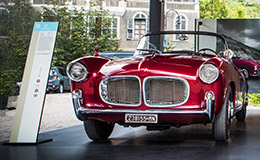
Fiat 1100 TV Trasformabile
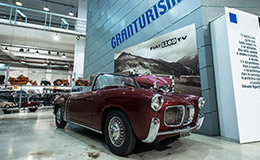




1956
The Fiat 600 Multipla is born, and it’s the first MPV ever produced. A light, fast car, with extremely refined lines, it rapidly became a great success. This simple, family car made functionality its strength, allowing it to carry four to six people or convert to a two-seater taxi version.
Fiat 600 Multipla
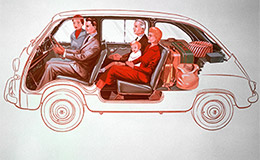
Fiat 600 Multipla
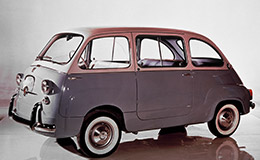
600 MULTIPLA TAXI
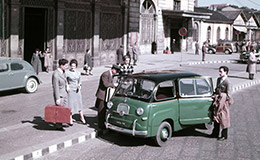
600 MULTIPLA TAXI
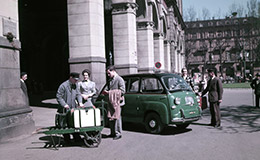

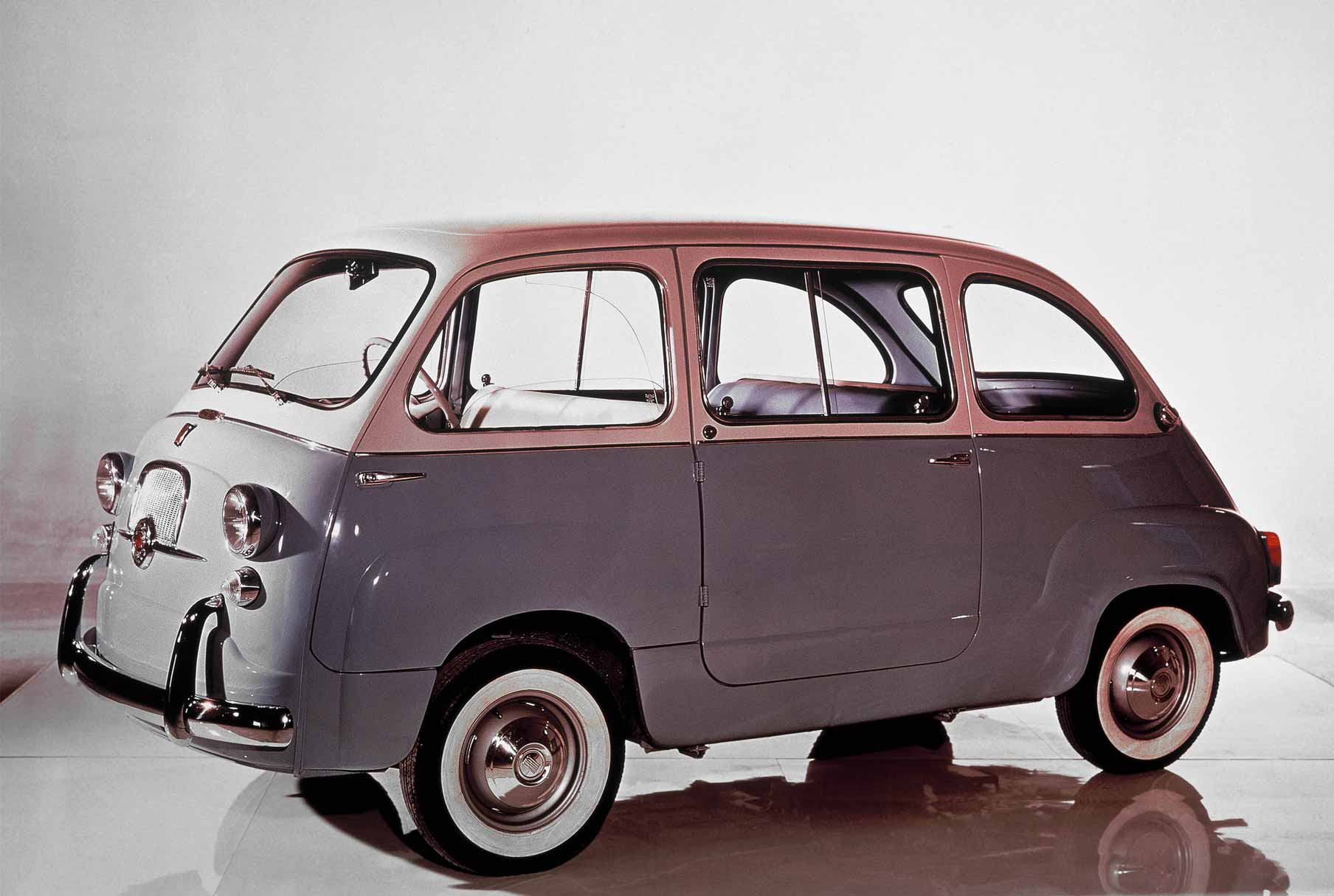


1957
The New 500 was an evolution of the revolutionary 500 Topolino, designed to respond to the need for a car that was both economical and practical. The new 500 was a car that took on the technological challenge of reducing the size of each component, while still maintaining its young, timeless and iconic spirit.
Fiat 500
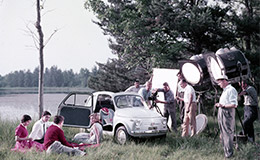
500 – SPOT
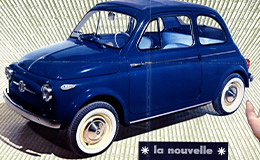
500 – SPOT
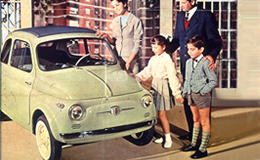
Fiat 500
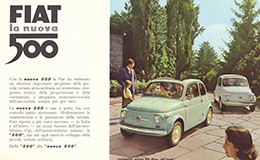
Fiat 500
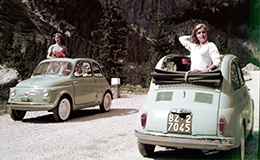
Fiat 500
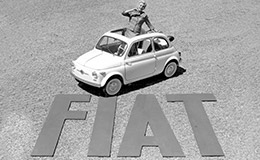
Fiat 500
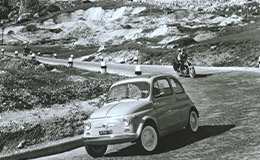
Fiat 500
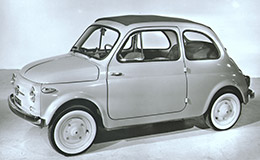
500 – MECHANICS
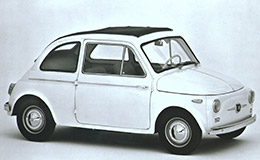
Fiat 500
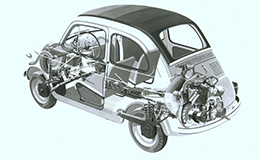
Fiat 500
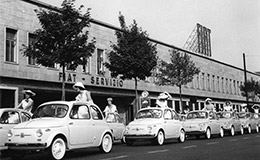











1966
The Fiat 124 was now also available as a family version and the Sport Spider by Pininfarina is released. The Dino Spider also made its debut, but the news didn’t stop there: Fiat would then sign an agreement with the USSR for the construction of Togliattigrad, a small town on the Volga River, transformed into a real car manufacturing city.
Fiat 124 Spider
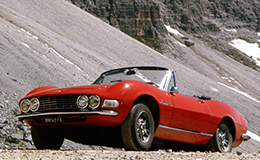
Fiat 124 Dino Spider
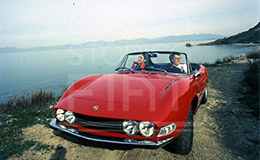
Fiat 124 Dino Spider
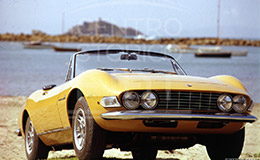
Fiat 124 Dino Spider
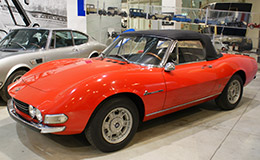
Fiat 124 Dino Spider
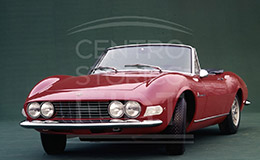
Fiat 124 Familiare
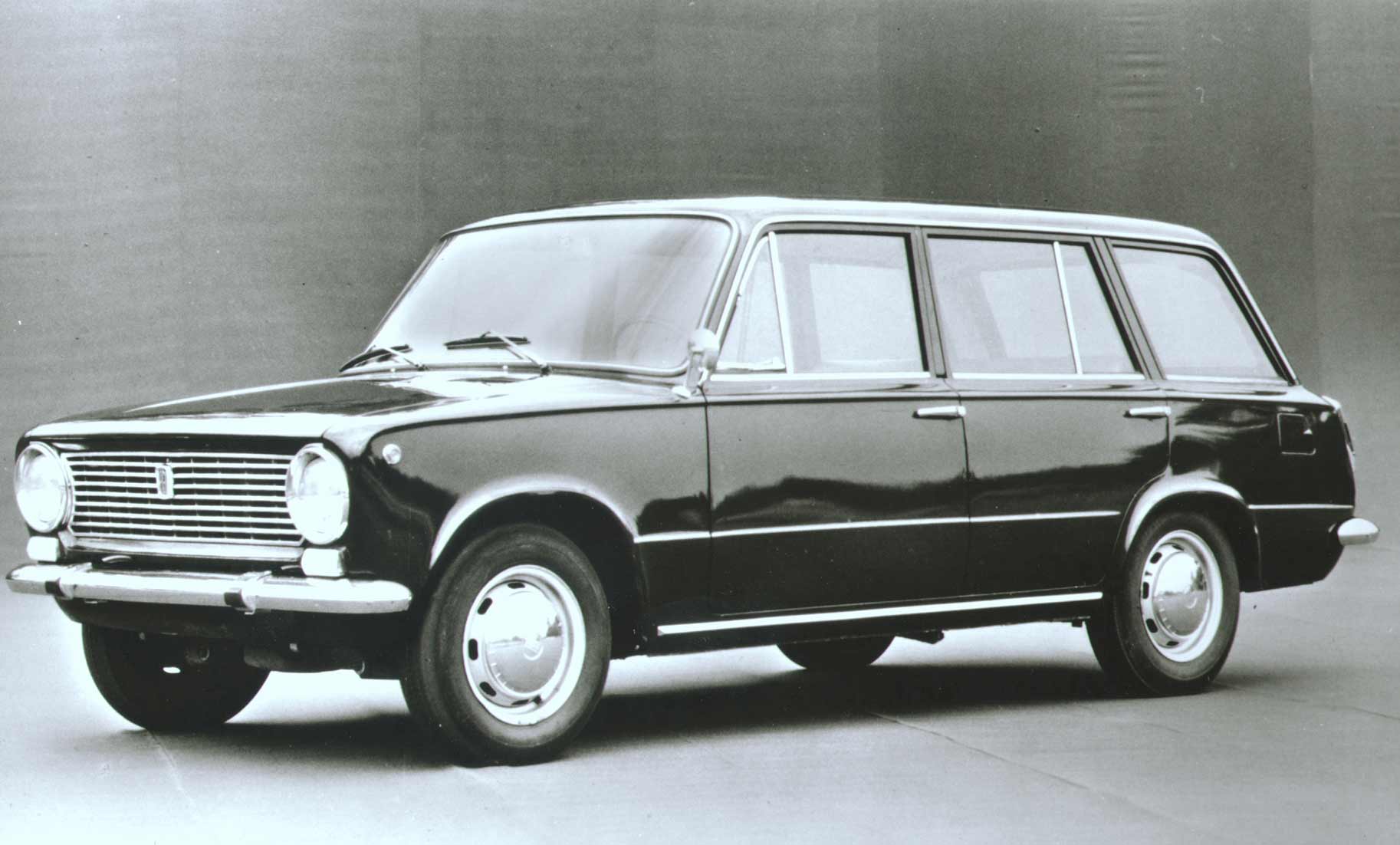
Togliattigrad
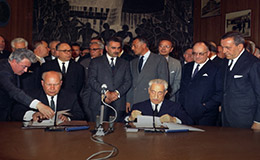







1967
Production began at the Rivalta plant with the release of the 850 Coupé and 124 Spider. Fiat took one of its most important steps in the field of production and applied technologies, with the introduction of Robogate. An automated production plant that combined various technologies, Robogate gave rise to iconic models, like the Ritmo, Uno and Tipo.
Fiat 124 Spider
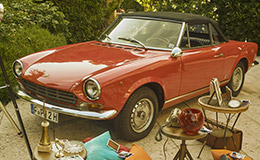
Fiat 850 Coupé
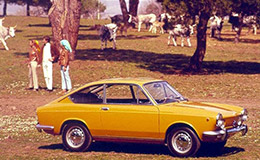
Fiat 850 Coupé
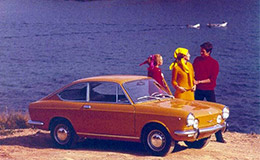



1968
Designed as a vehicle for urban traffic in big cities, the New Fiat 850 City Taxi of 1968 was designed for a formal and functional appearance. The car featured a spacious interior and reduced external dimensions, to ensure easy handling. With the addition of its own radio transceiver, the car’s technical equipment was truly remarkable for the time.
City Taxy
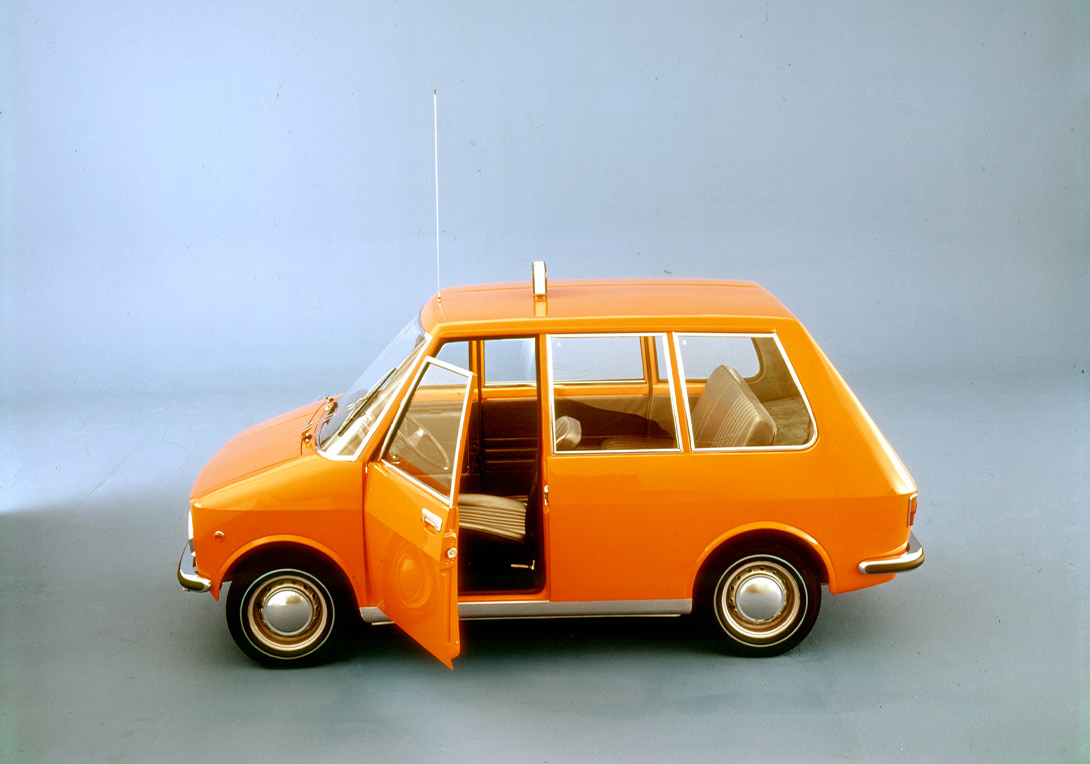

1971
The heir of the 850, the Fiat 127 represented a real revolution in the automotive field, thanks to its transverse front engine, McPherson suspensions at the front and interconnected rear. More space, more comfort, and thanks to its improved stability, braking and road holding ability – more safety. An iconic car for anyone who lived in the 1970s.
Fiat 127
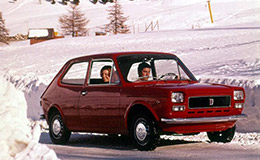
Fiat 127
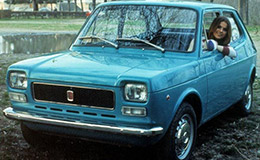
Fiat 127
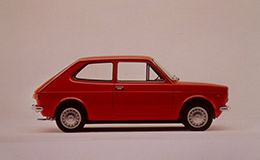
Fiat 127
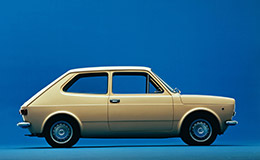
Fiat 127
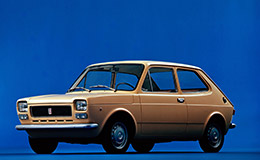
Fiat 127
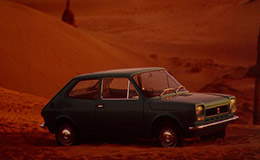






1972
The start of production of the Fiat 126. This model was the evolution of the Fiat Nuova 500 but presented a completely redesigned 4-seater body, a 594cc engine that substantially increased performance, and the introduction of a synchromesh gearbox.
Fiat 126
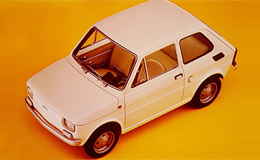
Fiat 126
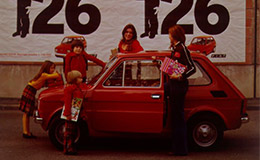


1978
Easily recognisable with its futuristic design, the Fiat Ritmo, which was known as the Strada in the UK, was one of the most successful Fiat models ever produced. Available as both a 3 and 5-door family sized hatchback, it’s angular lines ensured the Ritmo was a distinctive sight on the roads of Europe.
Fiat Ritmo
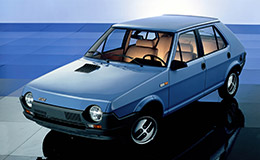
Fiat Ritmo
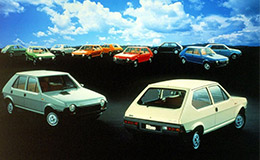


1980
The iconic Panda is released in two versions: the 30 with the evolution of the 126 engine, and the 45 with a 127 engine. The Fiat Panda 30 soon became one of the most loved city cars in Italy, famous above all for its robustness and functionality.
Fiat Panda
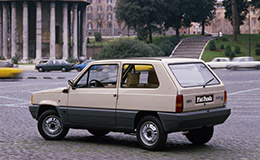
Fiat Panda
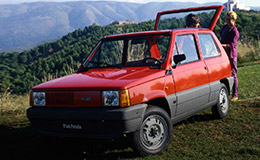
Fiat Panda
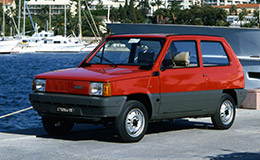



1983
The Fiat Uno, the predecessor of the Punto, was presented at Cape Canaveral. A revolution in the world of small cars, it was a huge and instant success, winning the title of Car of the Year in 1984, forever embodying the concept of a popular car, suitable for all.
FIAT UNO 55 S - SET
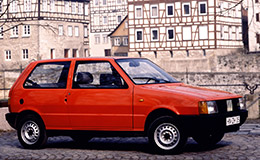
FIAT UNO TURBO I.E.
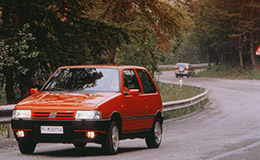
FIAT UNO D BASE
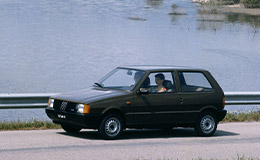
FIAT UNO TURBO I.E.
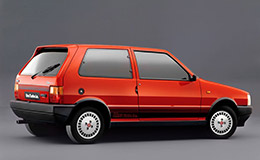
FIAT UNO 3 E 5 PORTE
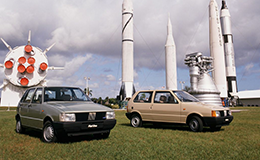





1988
A 5-seater, two-box design Fiat Tipo was born, made to make the most of it’s interior space. The result of an innovative project, the Tipo was developed to achieve high levels of performance, comfort and safety, and fully embodied the concept of innovation with a mature look.
Tipo
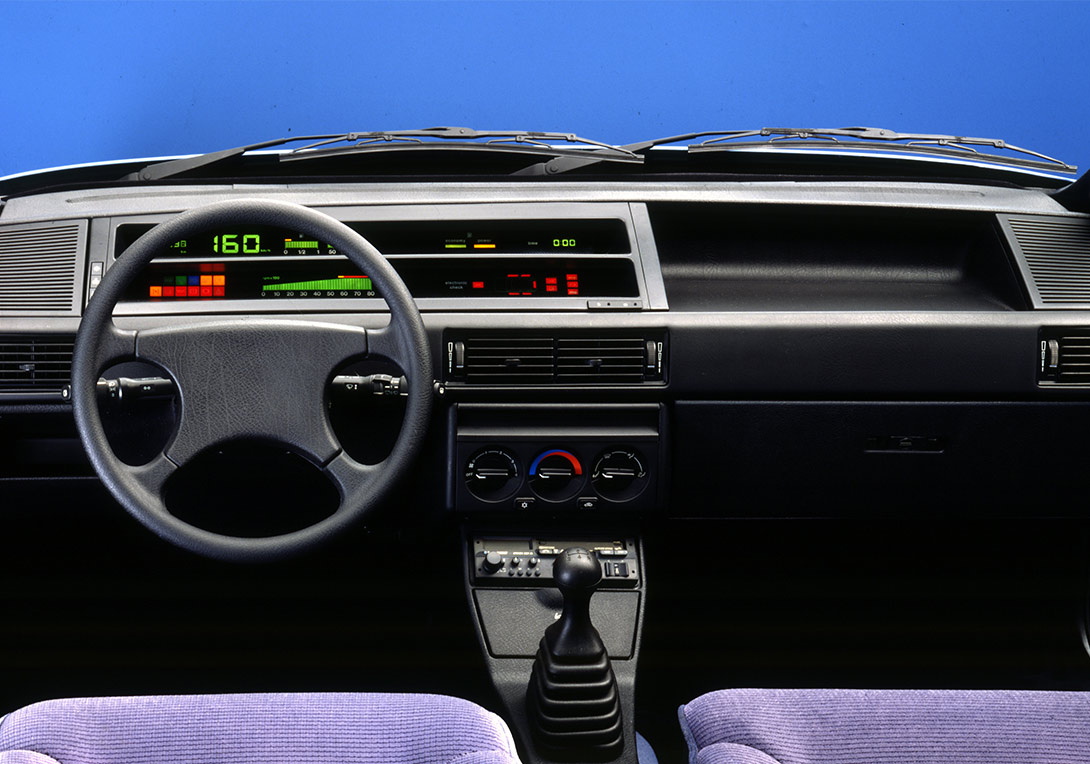
Tipo
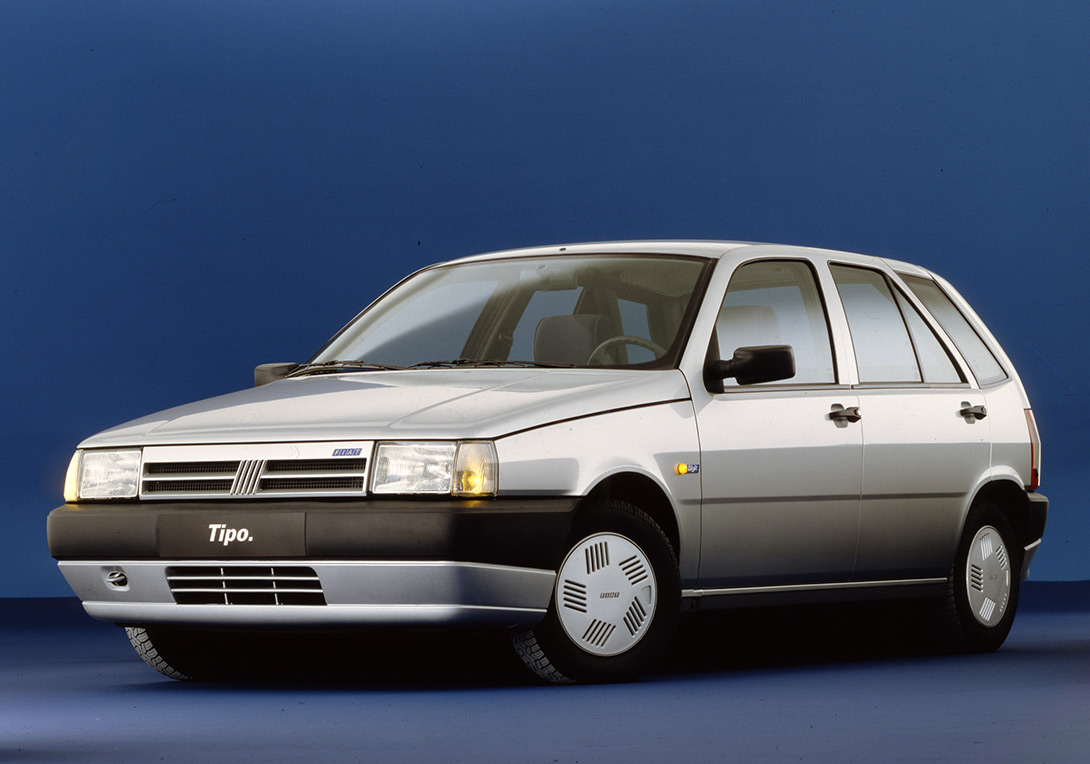
Tipo
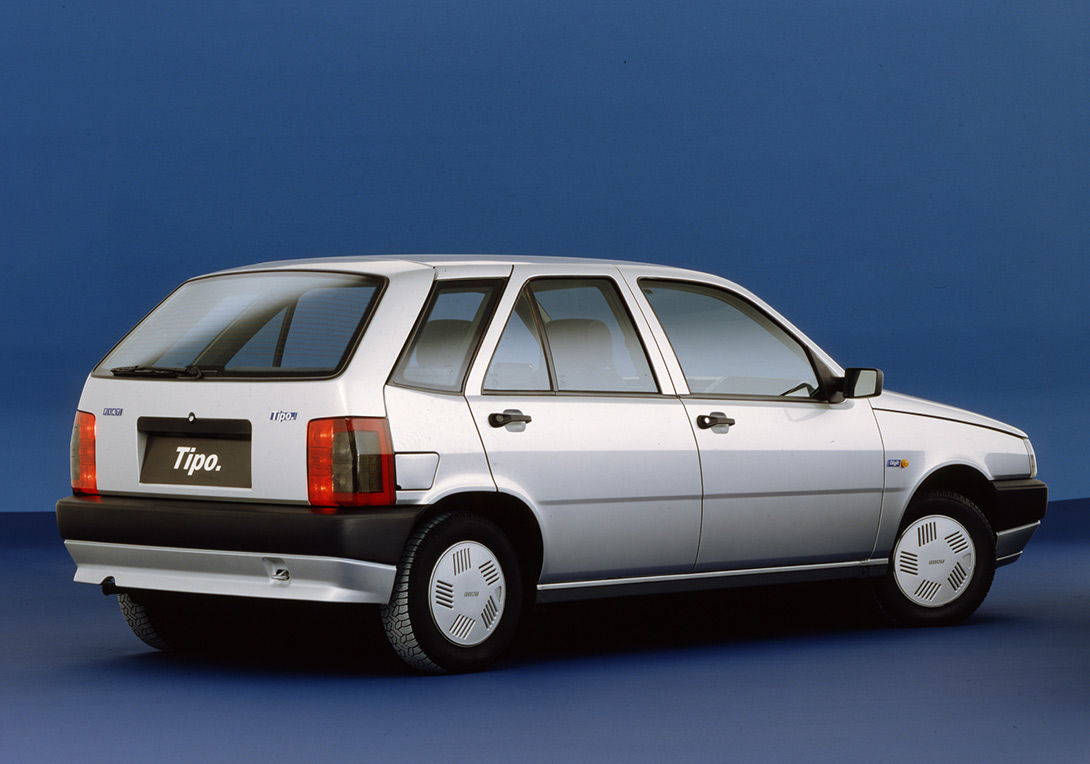
Tipo
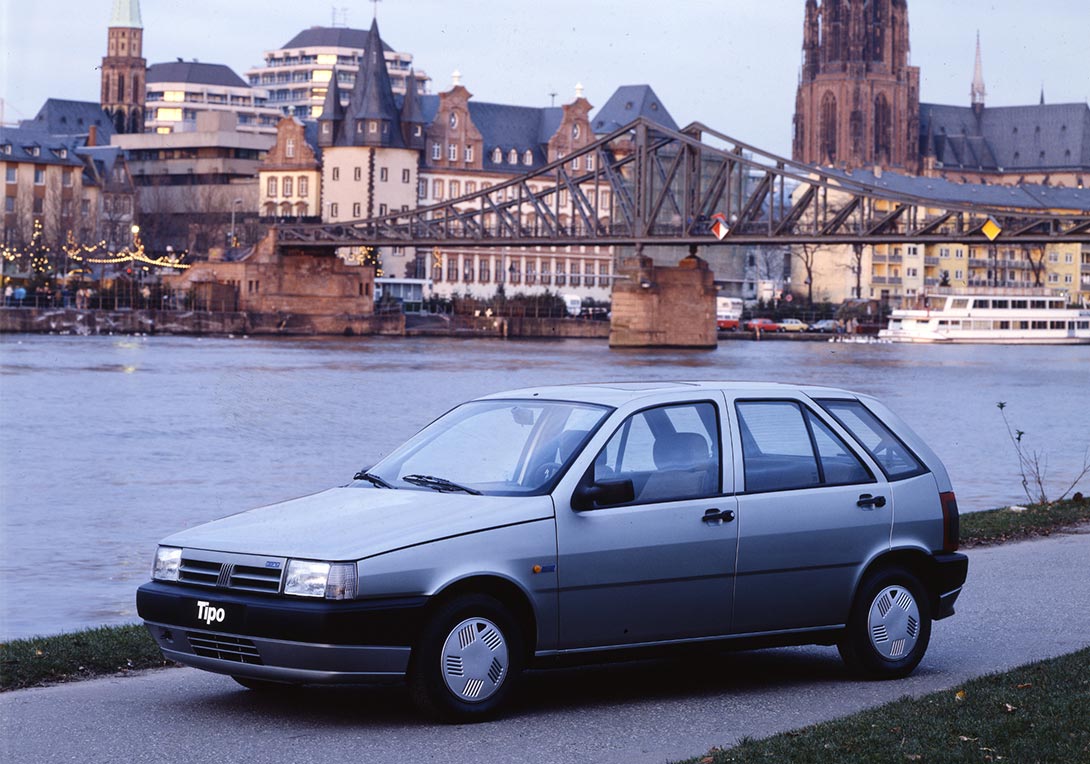




1990
The Panda Elettra, a zero-emission version of the Panda, made its debut. Based on the 750 Fire, it could travel up to 100 km, with a maximum speed of 70 km per hour. The Elettra was equipped with a small burner that could start the heating, consequently saving battery life, while the transmission relied on a four-speed gearbox.
PANDA ELETTRA
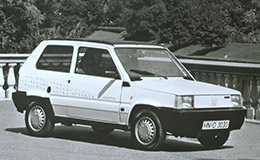

1993
The new Fiat Punto and the Punto Cabrio are born. Presented in 1993 at the Frankfurt Motor Show, the Fiat Punto was the utility vehicle par excellence, and also one of Fiat's greatest successes. The Punto Cabrio, a convertible version of this great Italian classic, was also distuingished for its 60 bhp or 88 bhp petrol engine.
Fiat Punto
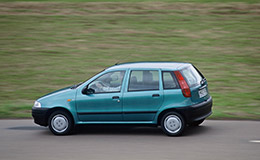
Fiat Punto
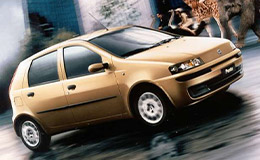
Fiat Punto
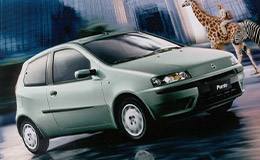
Fiat Punto
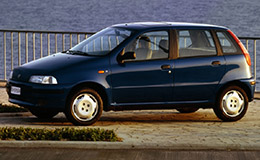




1994
Designed by Andreas Zapatinas, who came up with the unique idea of a line that started from the bonnet and seemed to invade the passenger compartment, the 1.8 engine Fiat Barchetta was born in this year. The car was a noticeable success, presenting itself as an economical but reliable Spider.
SEATS
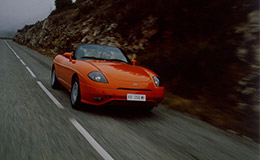
DASHBOARD
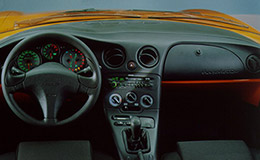
Fiat Barchetta
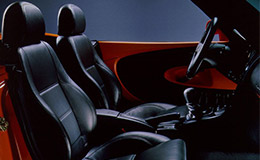
Fiat Barchetta
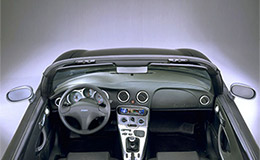
INTERIORS
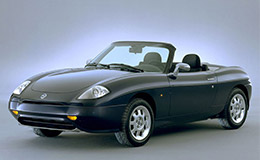
Fiat Barchetta
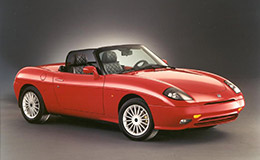
Fiat Barchetta
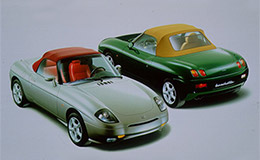







2007
The New Fiat 500 is launched. This four-wheel icon is back on the road in a completely new version. Featuring a new level of comfort added to its compact dimensions, the new 500 was destined to leave its mark.
Fiat 500
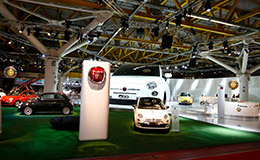
Fiat 500 reveal event
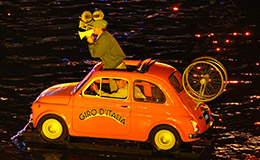
Fiat 500 reveal event
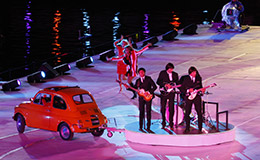
Fiat 500 reveal event
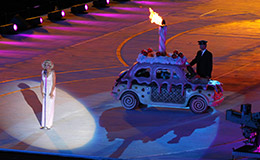
Fiat 500 reveal event
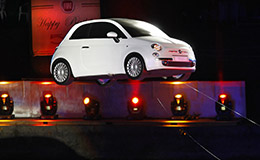
Fiat 500 reveal event
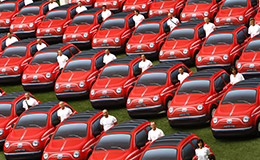
Fiat 500 reveal event
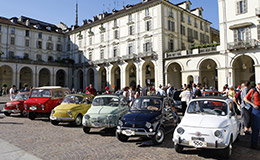
Fiat 500
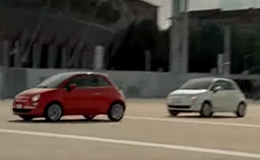







2012
The Fiat 500L is presented for the first time. From a stylistic point of view it recalled two distinct but recognisable design philosophies, presented as a fusion between the 1957 Fiat 500 and the 1956 Fiat Multipla. The spacious passenger compartment was also been given increased versatility, thanks to sliding seat.
Fiat 500L
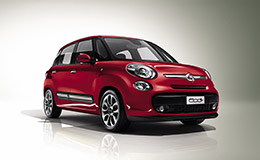
Fiat 500L
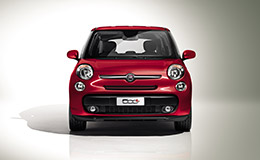
500L – SPOT
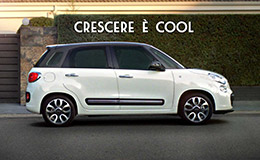
Fiat 500L
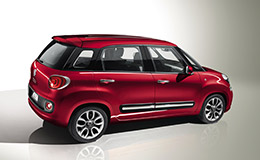
500L – SPOT
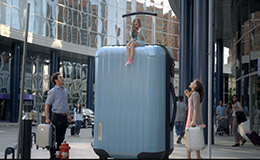
Fiat 500L
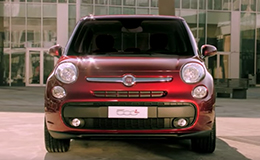
Fiat 500L Driving
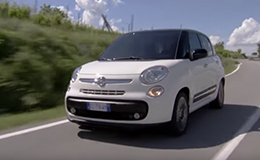
Fiat 500L Making
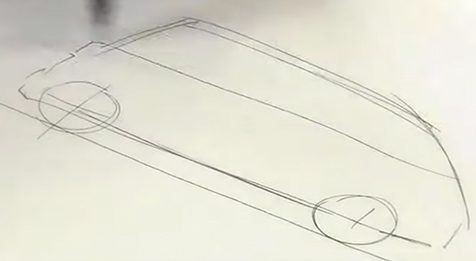





2014
The Fiat 500X is presented as the city SUV with a strong connection to style. In the same year, the two automobile groups Fiat and Chrysler merge, with the creation of FCA: Fiat Chrysler Automobiles.
Fiat 500X reveal event
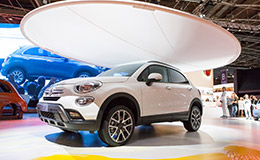
Fiat 500X reveal event
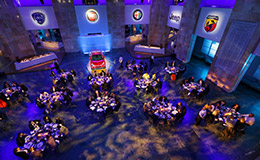
Fiat 500X reveal event
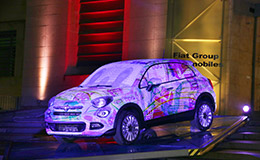
500X e Dynamo

Fiat 500X
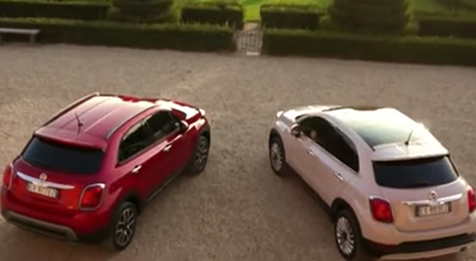
Fiat 500X Motorshow
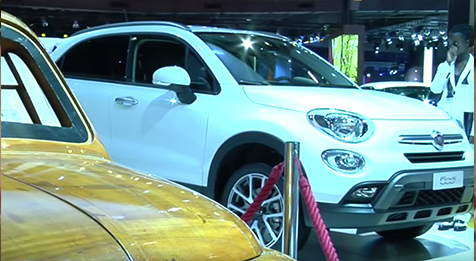
Fiat 500X Motorshow 2
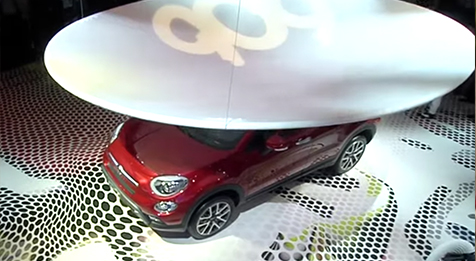
Fiat 500X Reveal
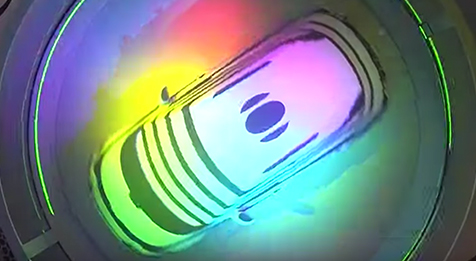




2019
Fiat celebrates its first 120 years with a special series of cars: the New 500 Family 120th. Presented during the Geneva International Motor Show, the series is ready to party with its bicolour Tuxedo finish and an exclusive collaboration with Apple Music.
Fiat 500 120th
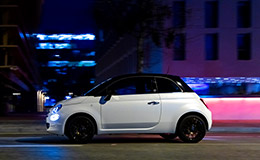
Fiat 500L 120th
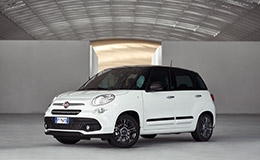
Fiat 500L 120th
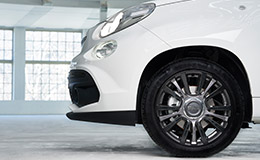
Fiat 500X 120th
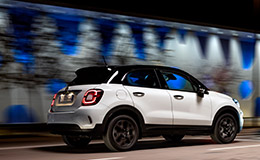
Shaggy & Sting
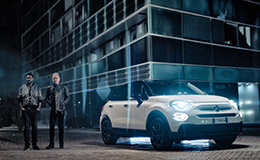
Fiat 500X 120th
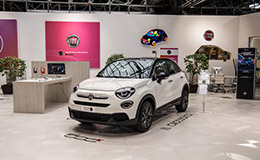
Il Badge
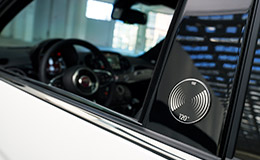
Fiat 500, 500X, 500L 120th
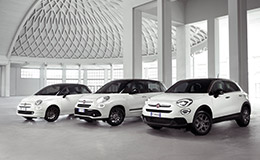
Fiat 500, 500X, 500L 120th

Fiat 500, 500X, 500L 120th
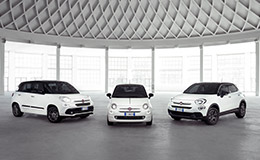
Fiat 500, 500X, 500L 120th
